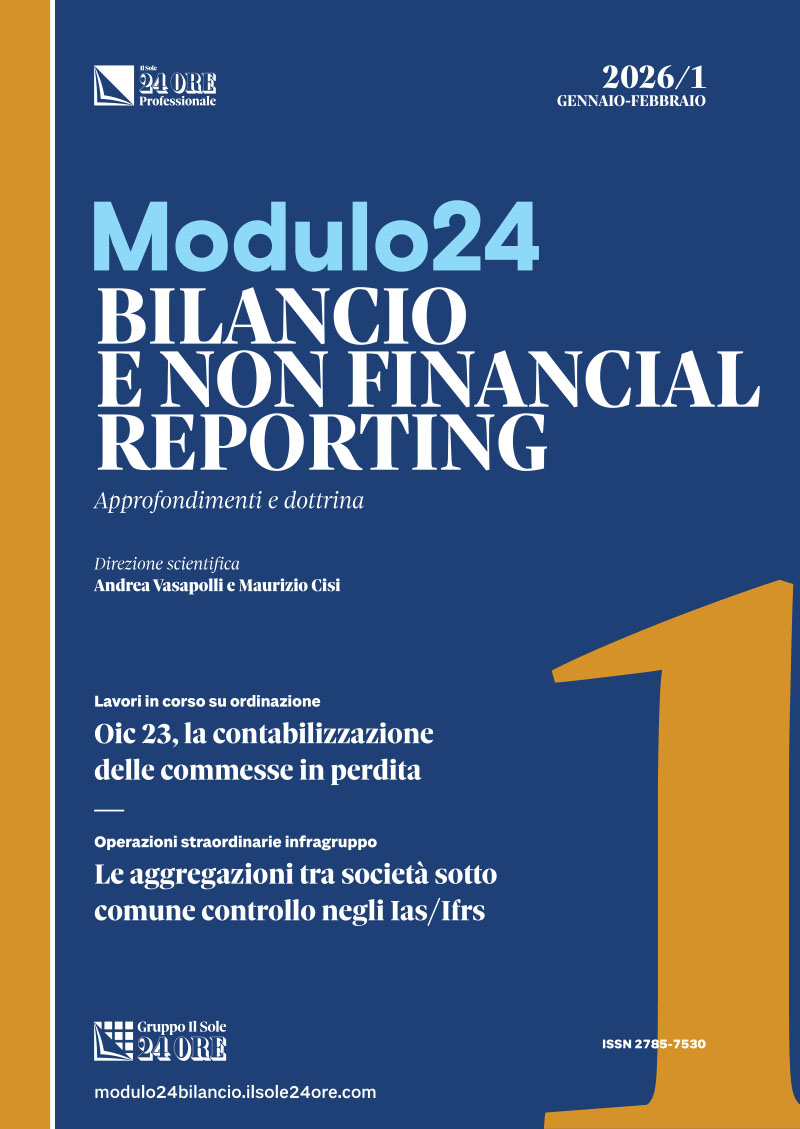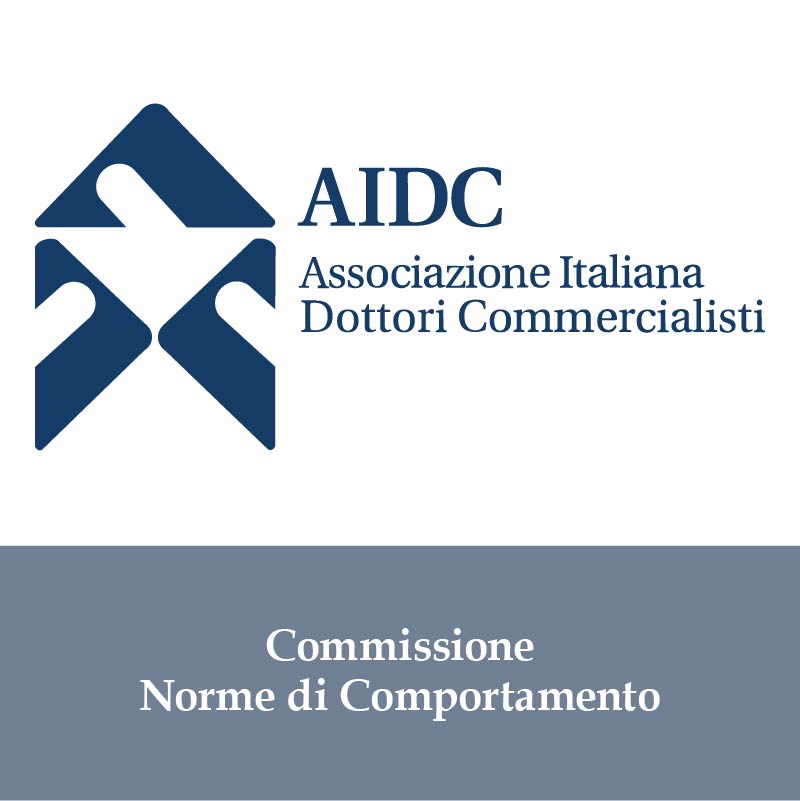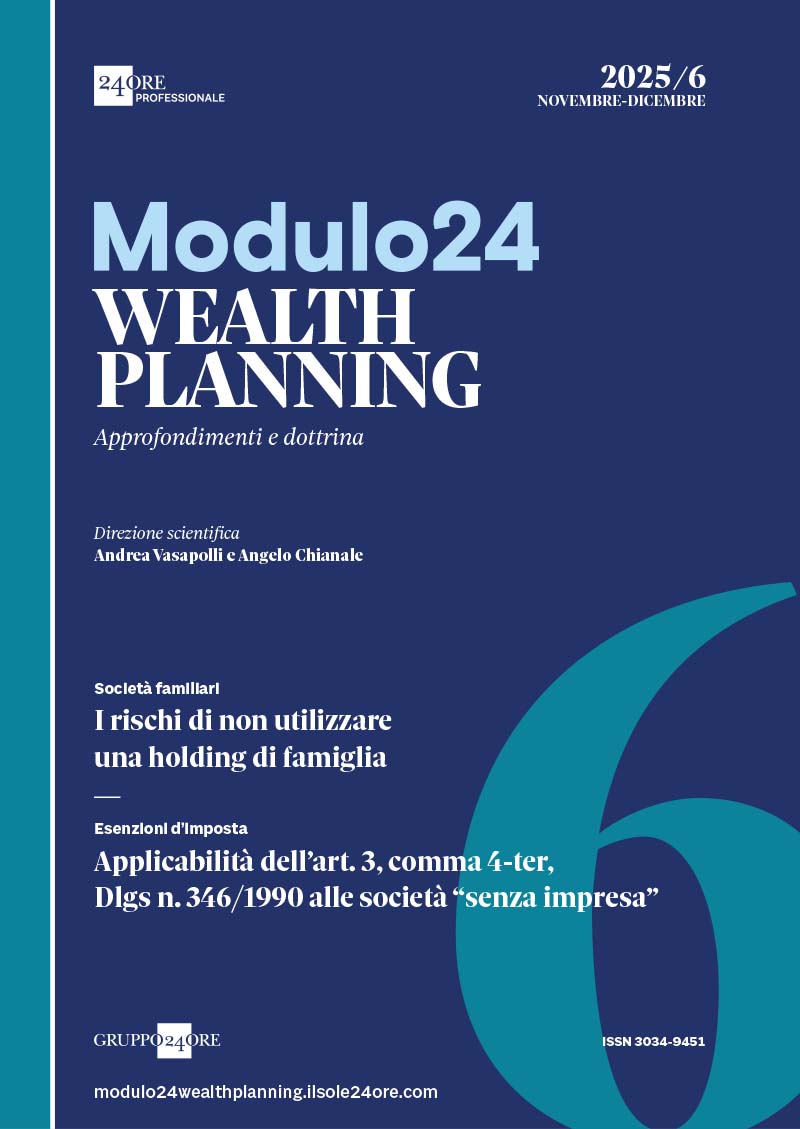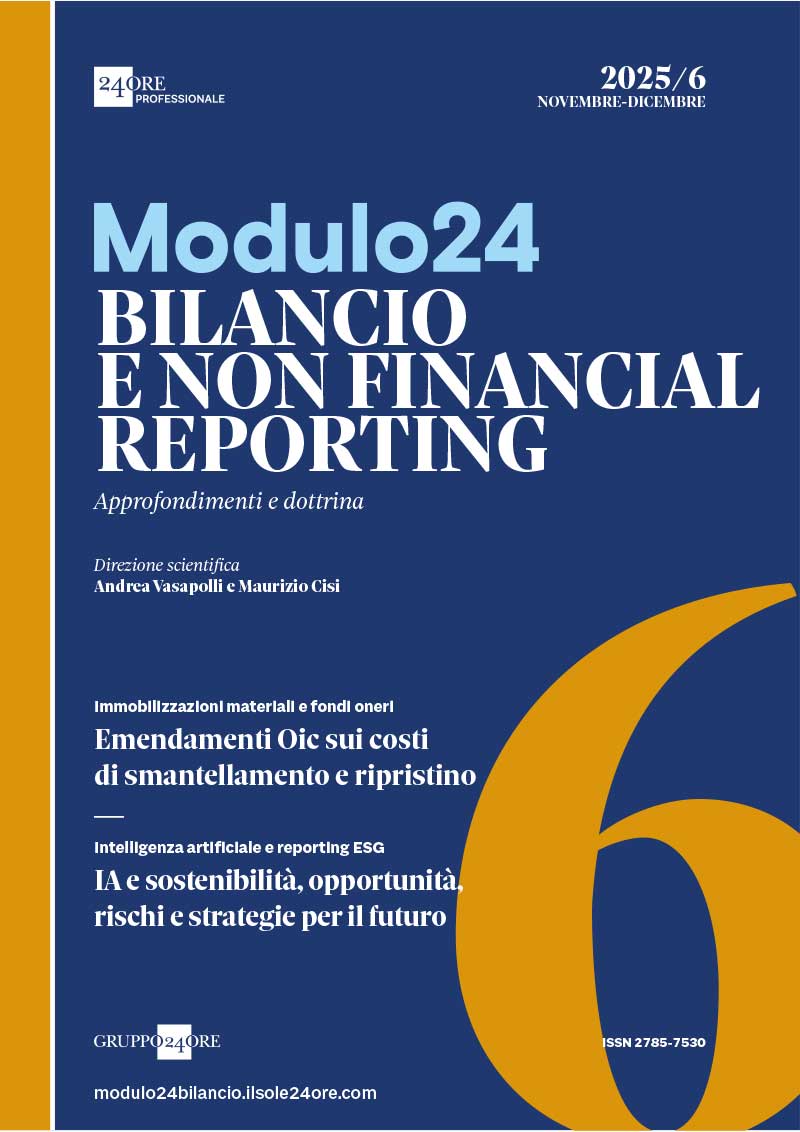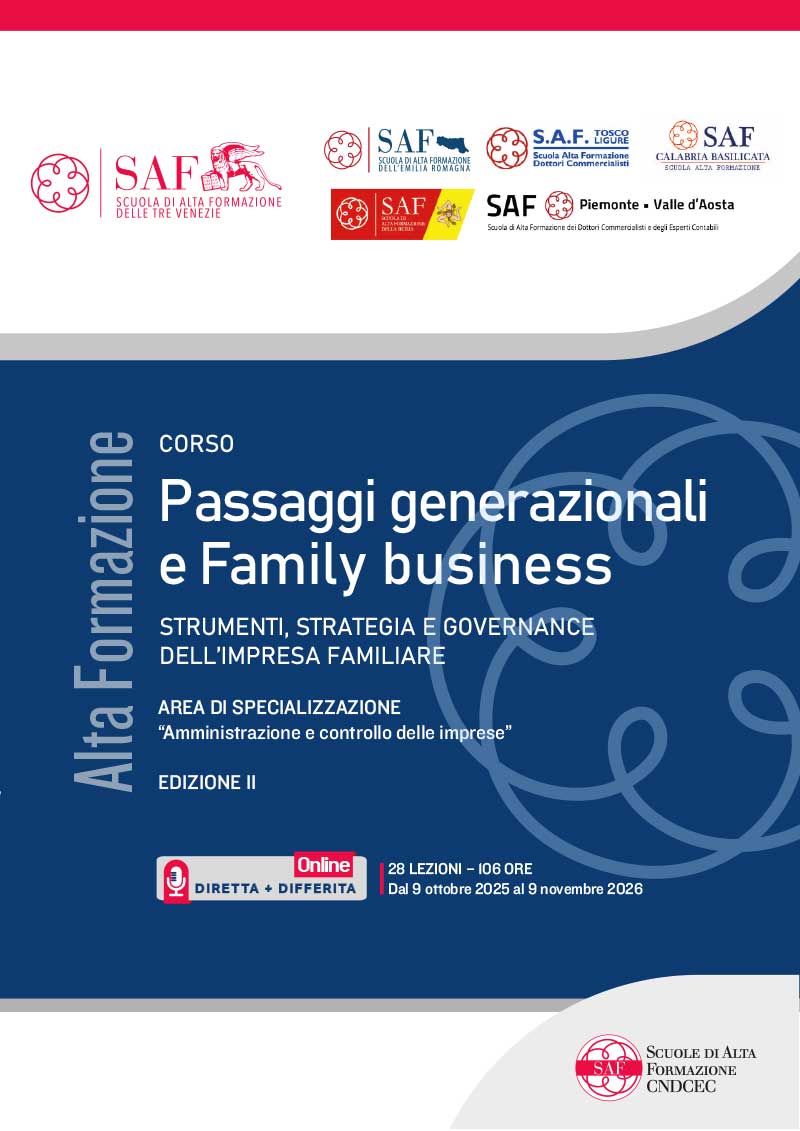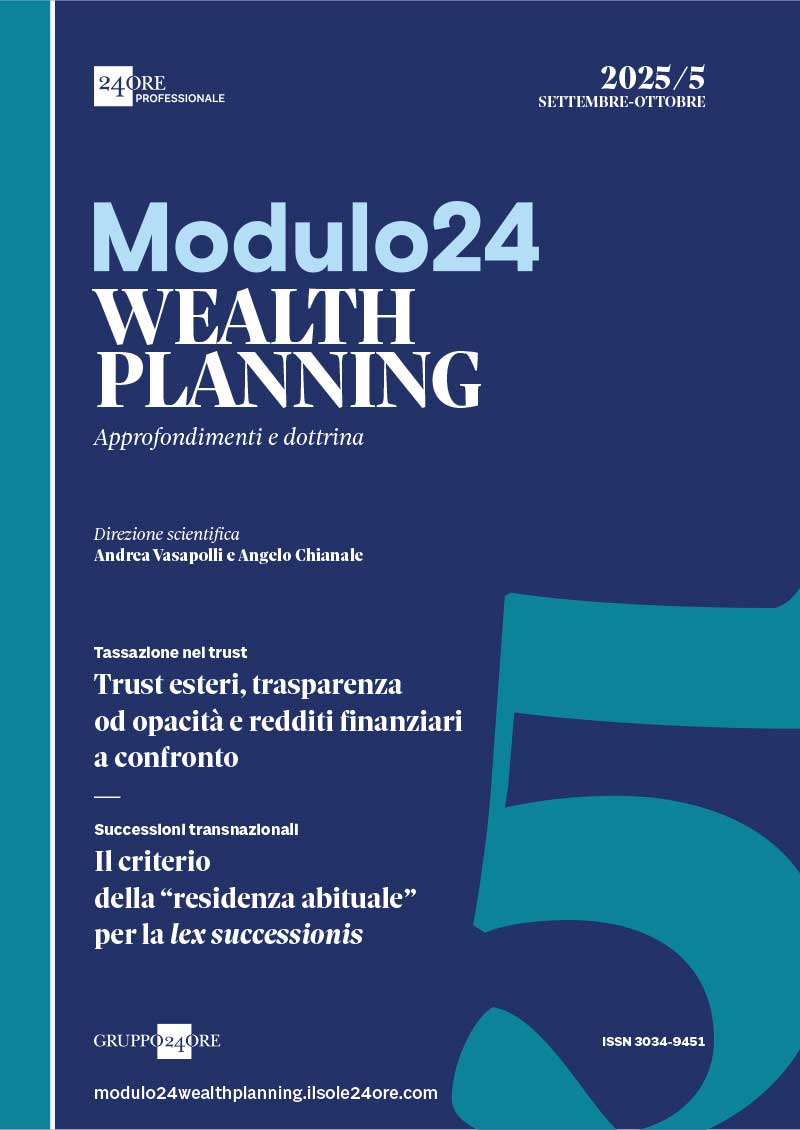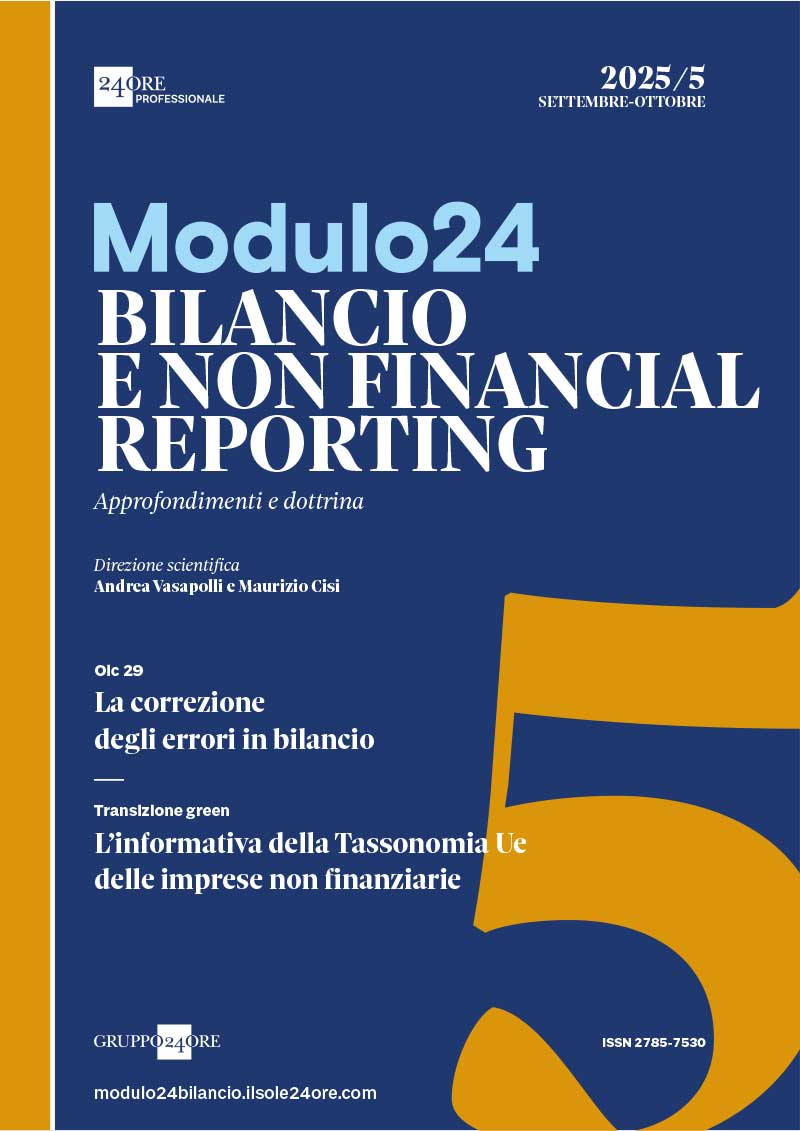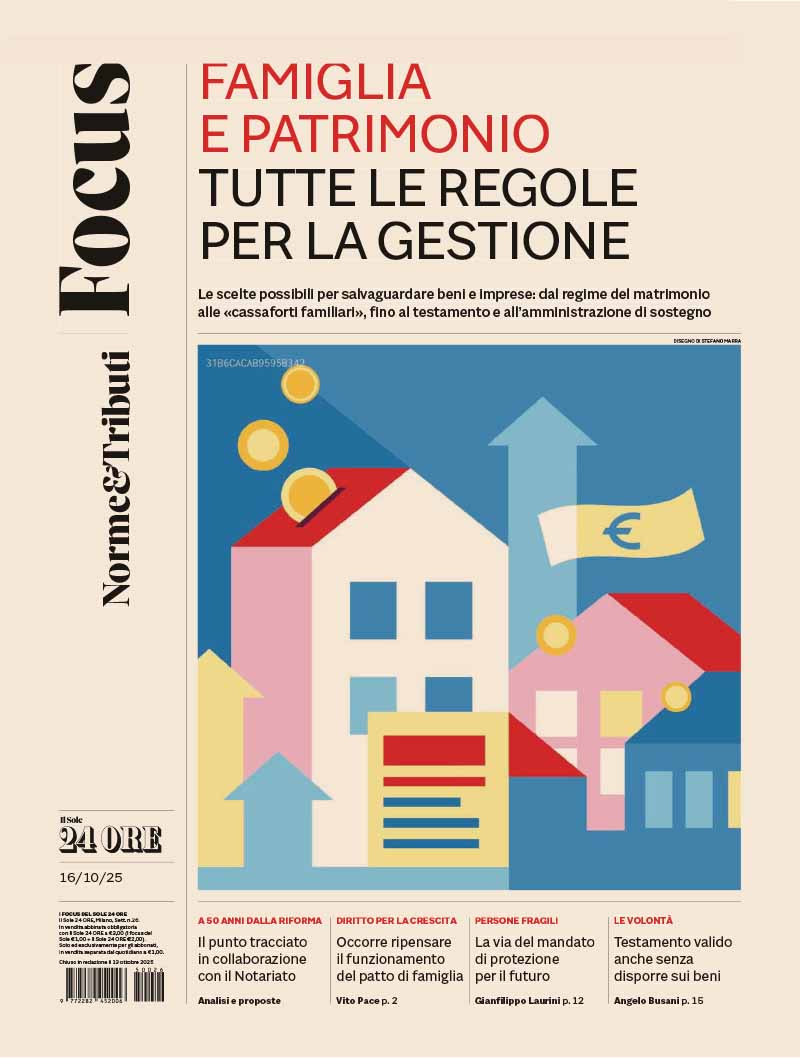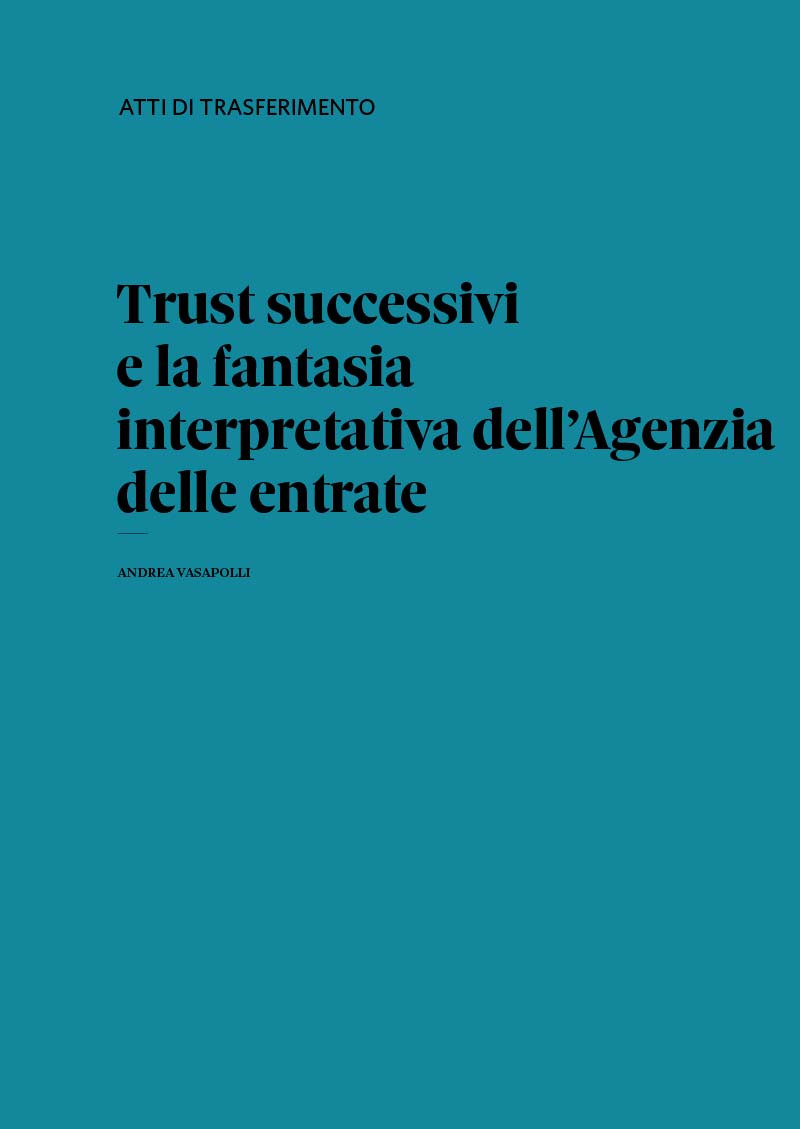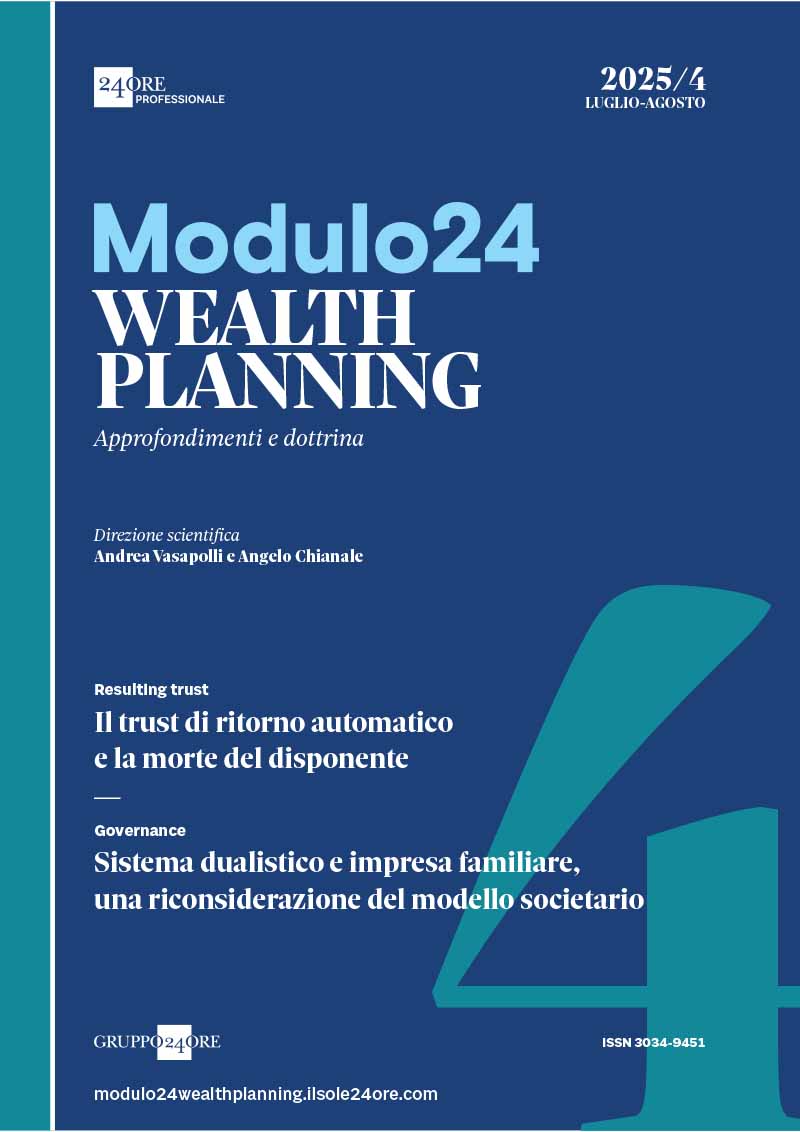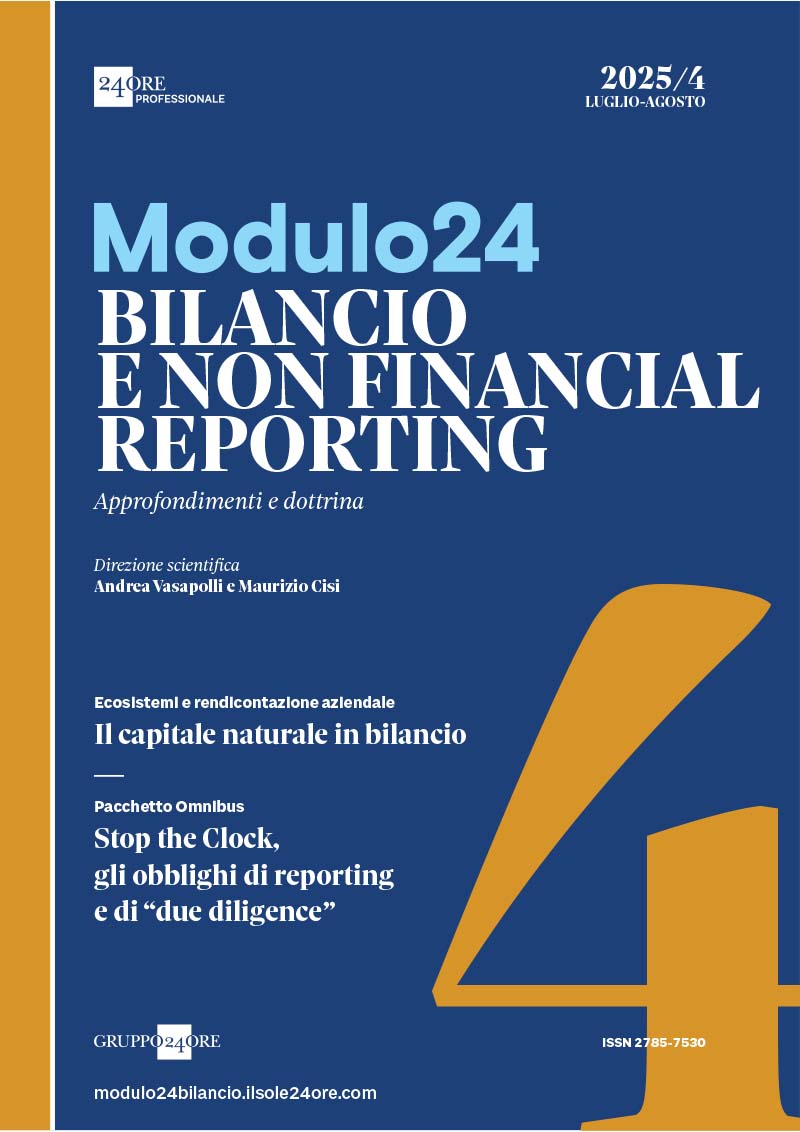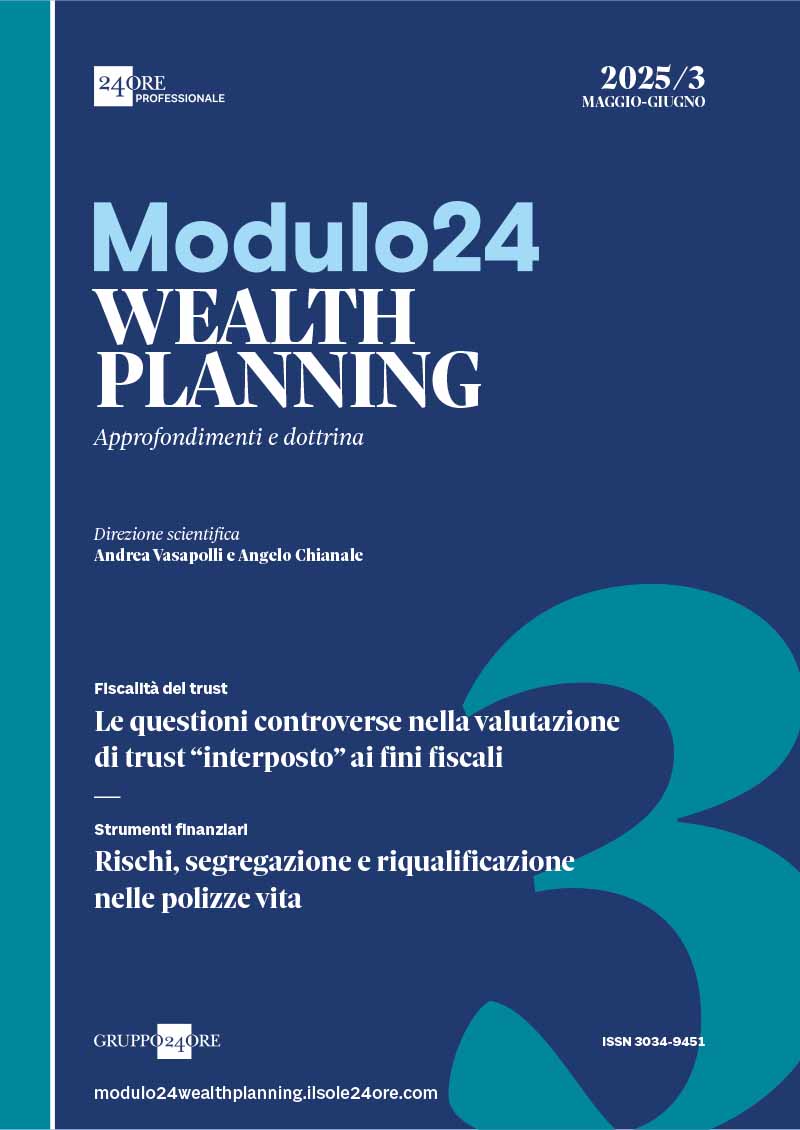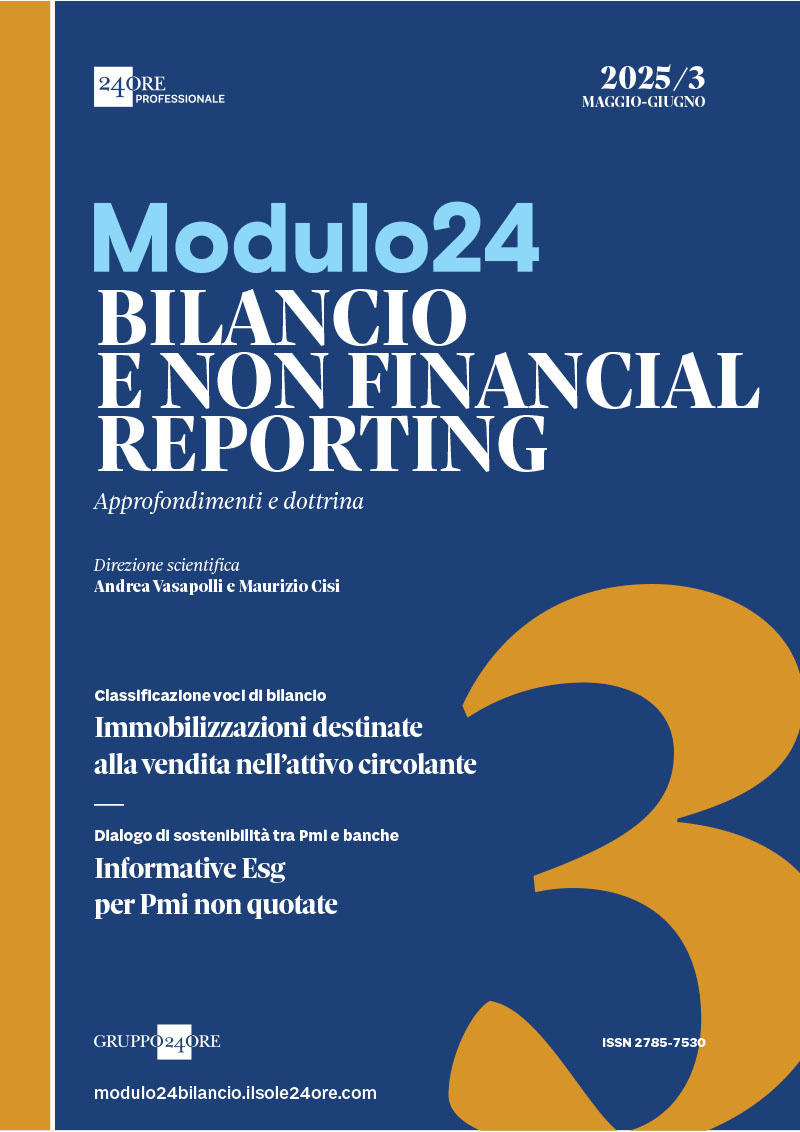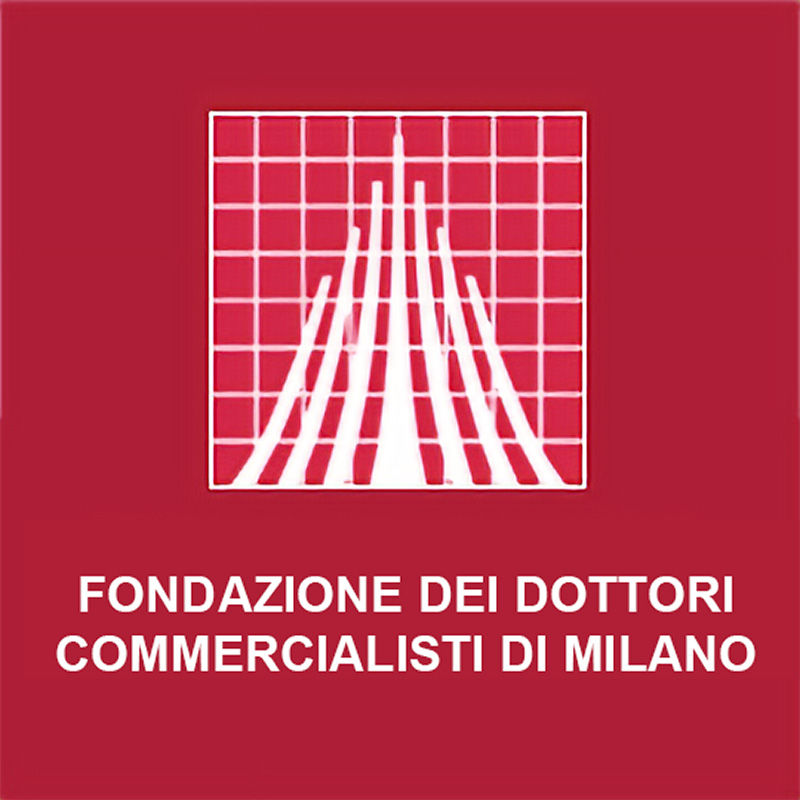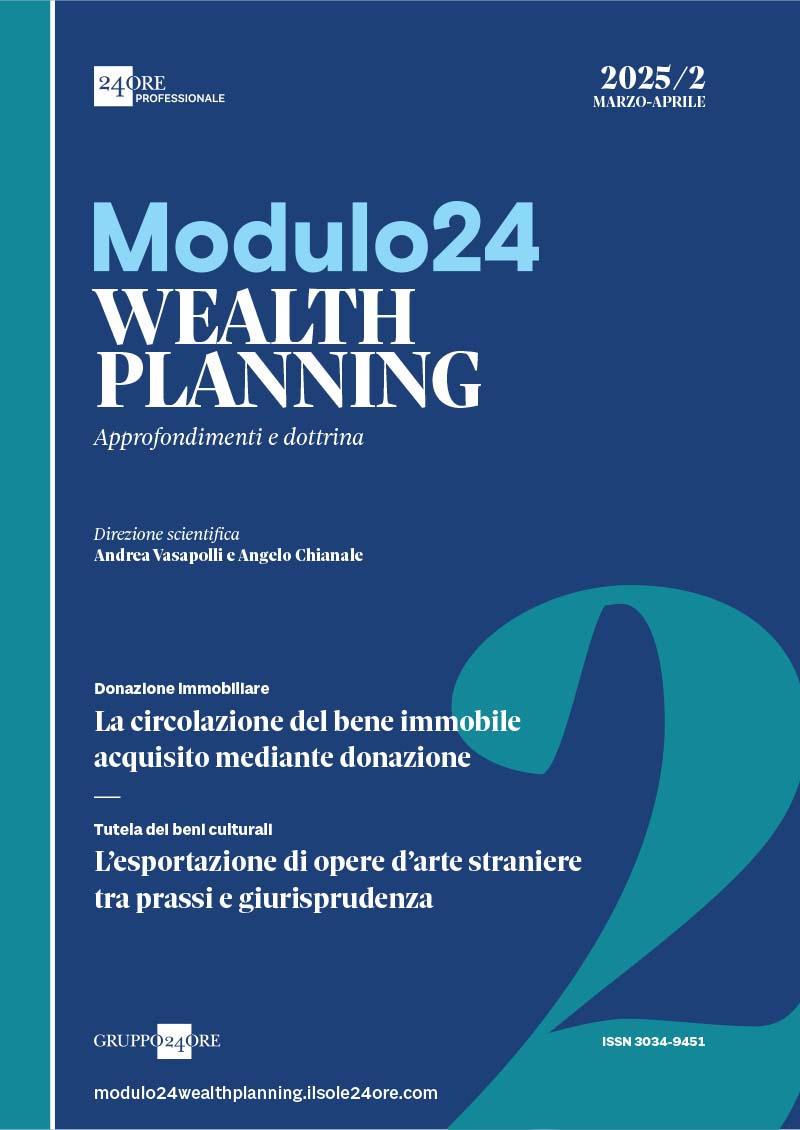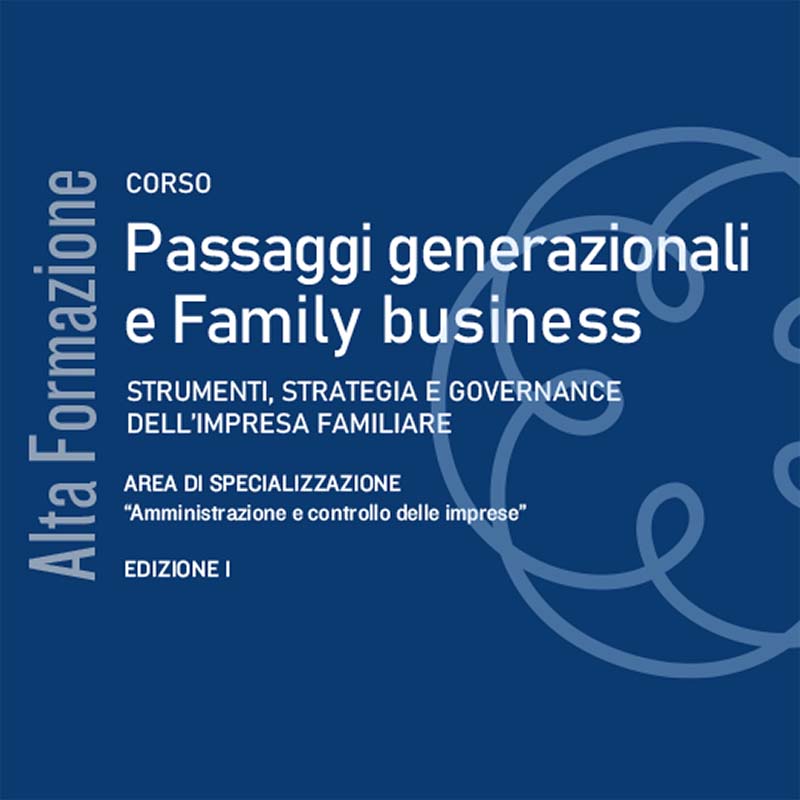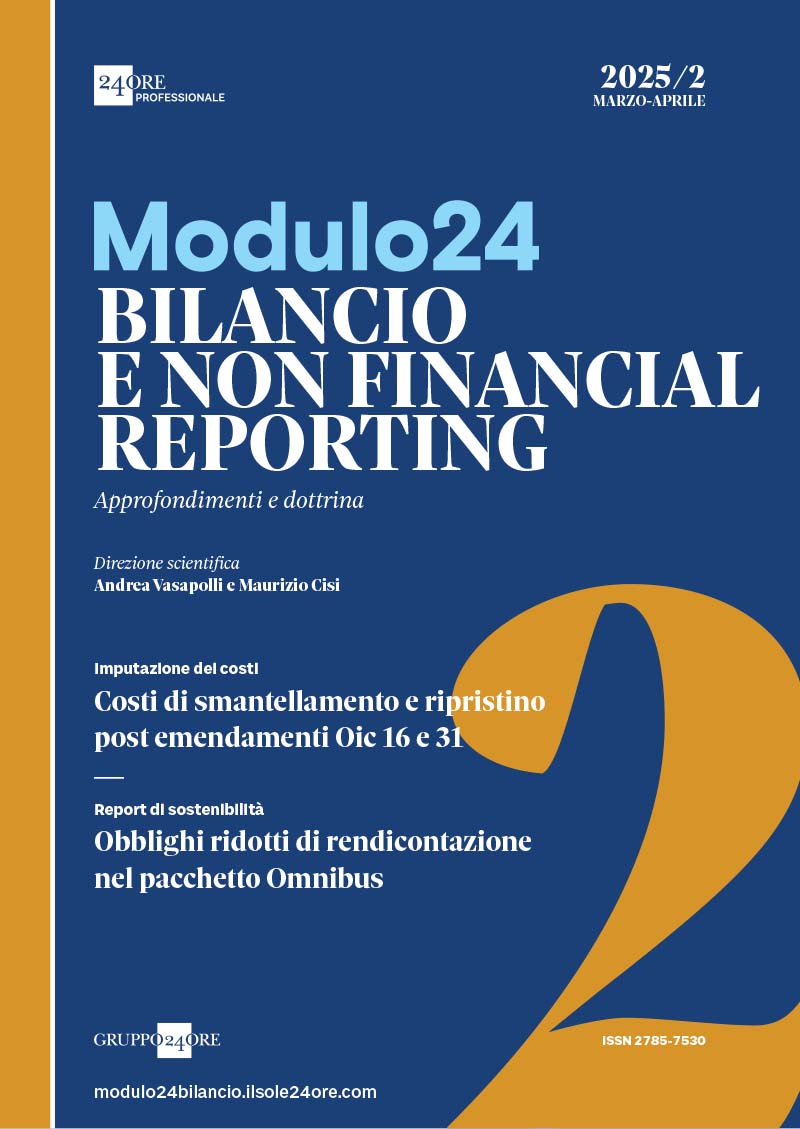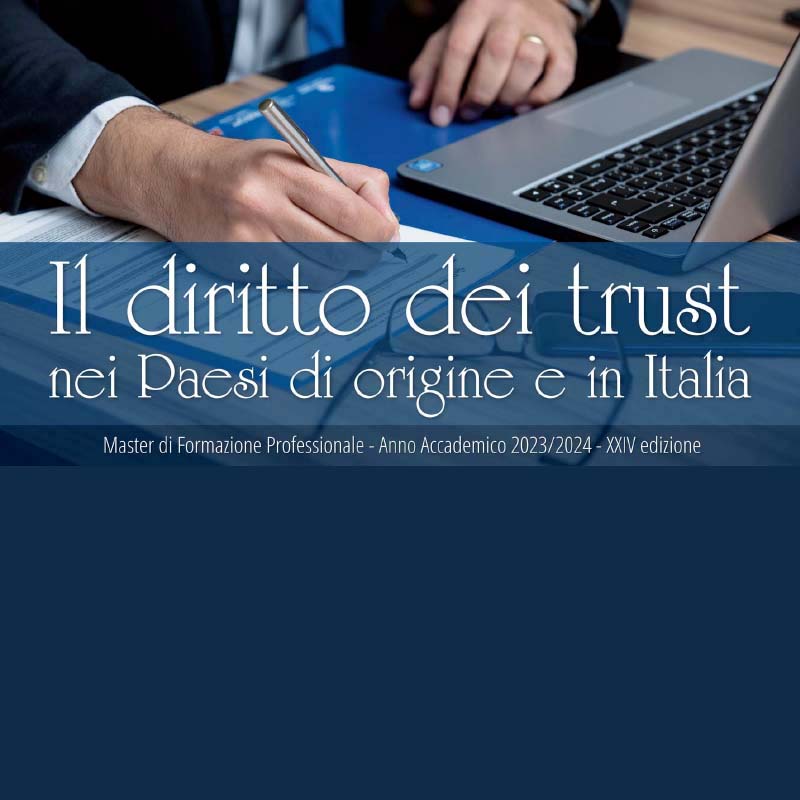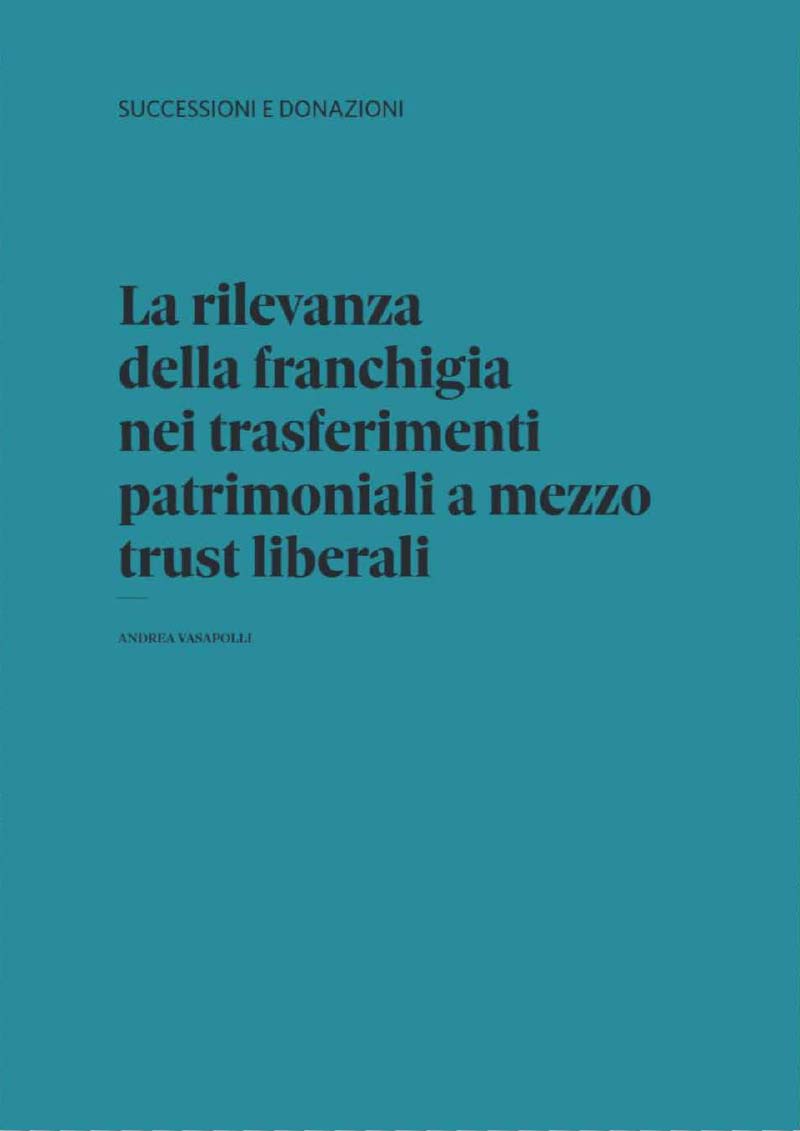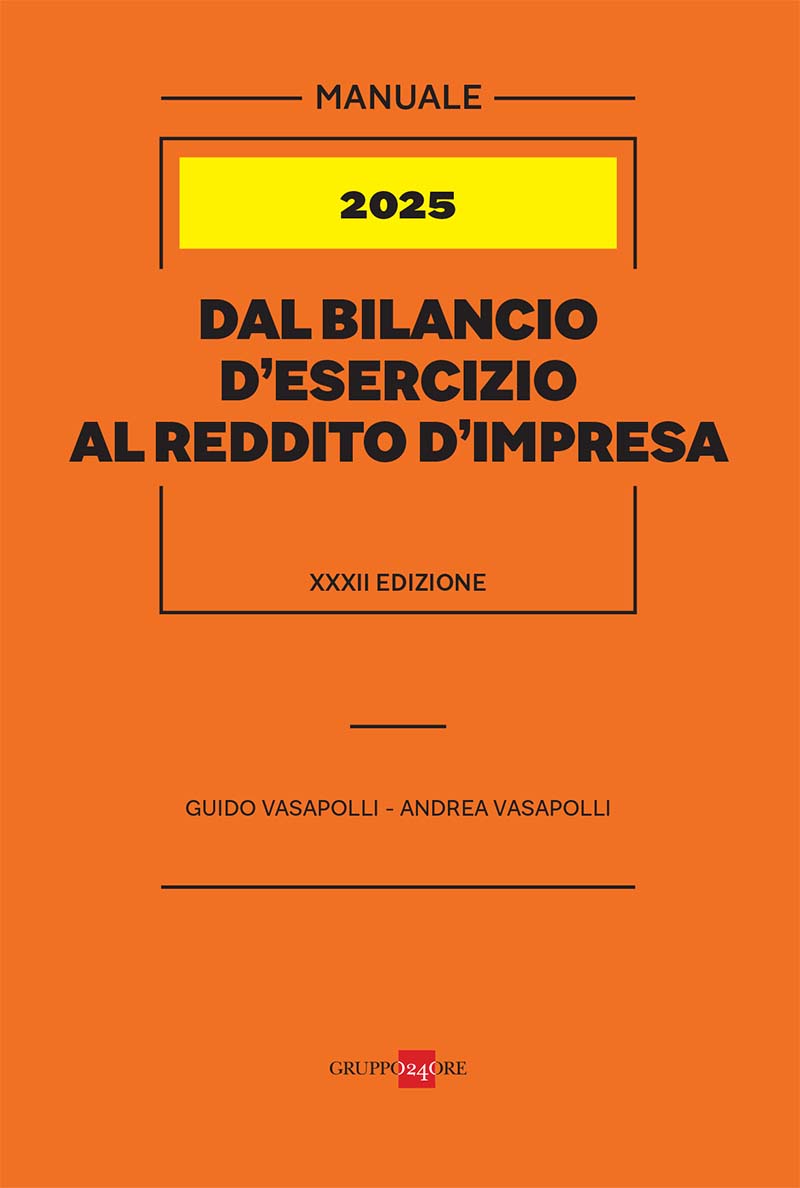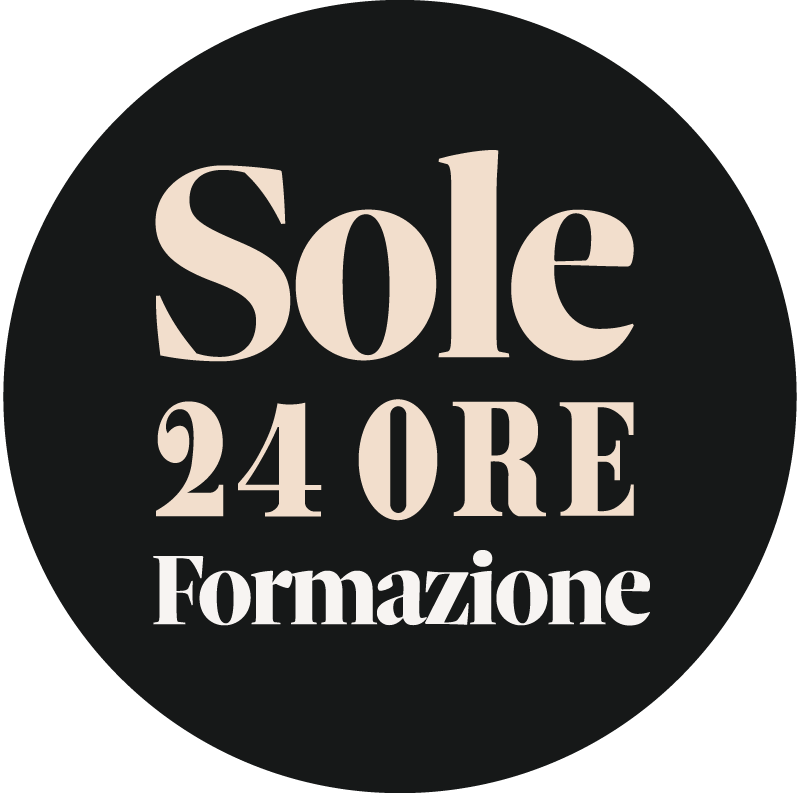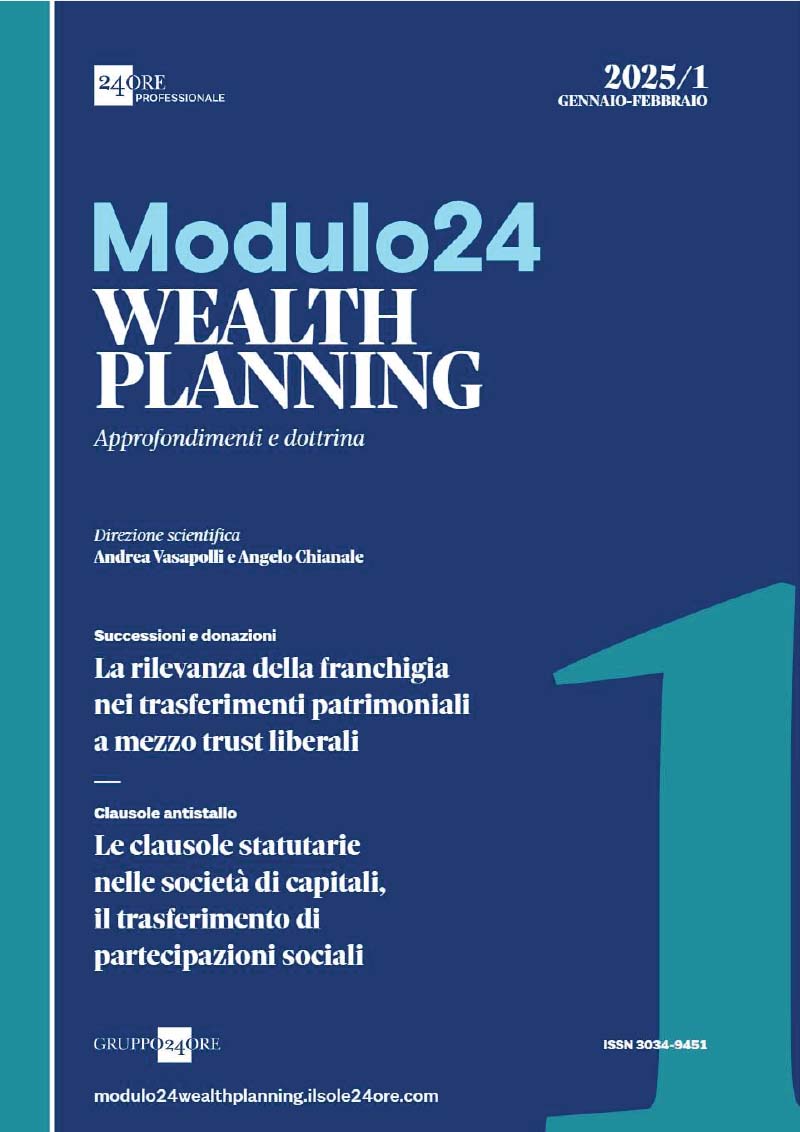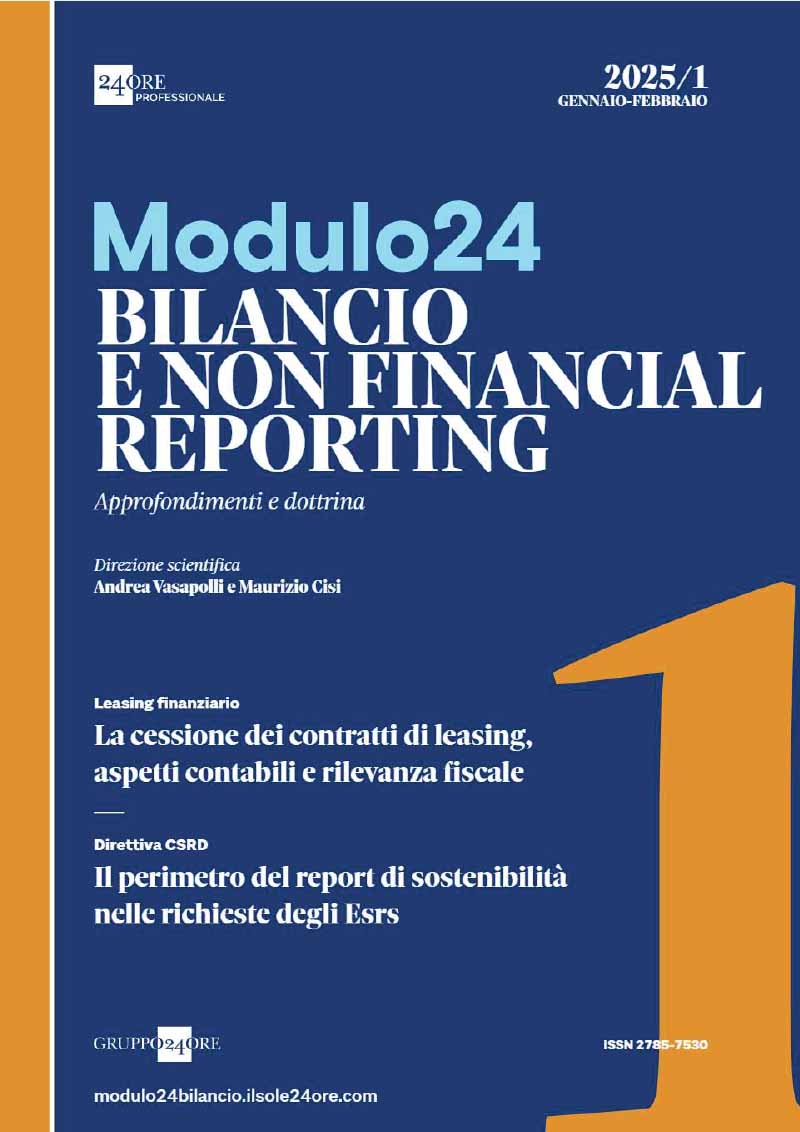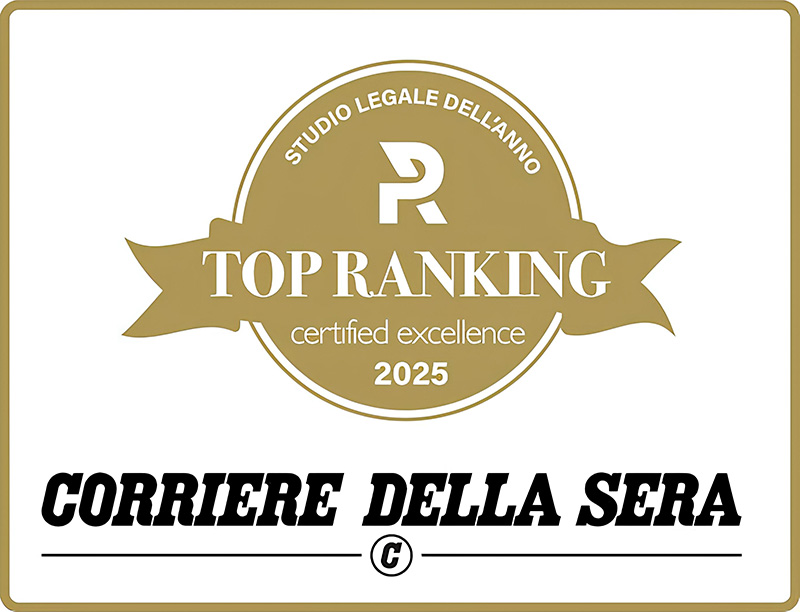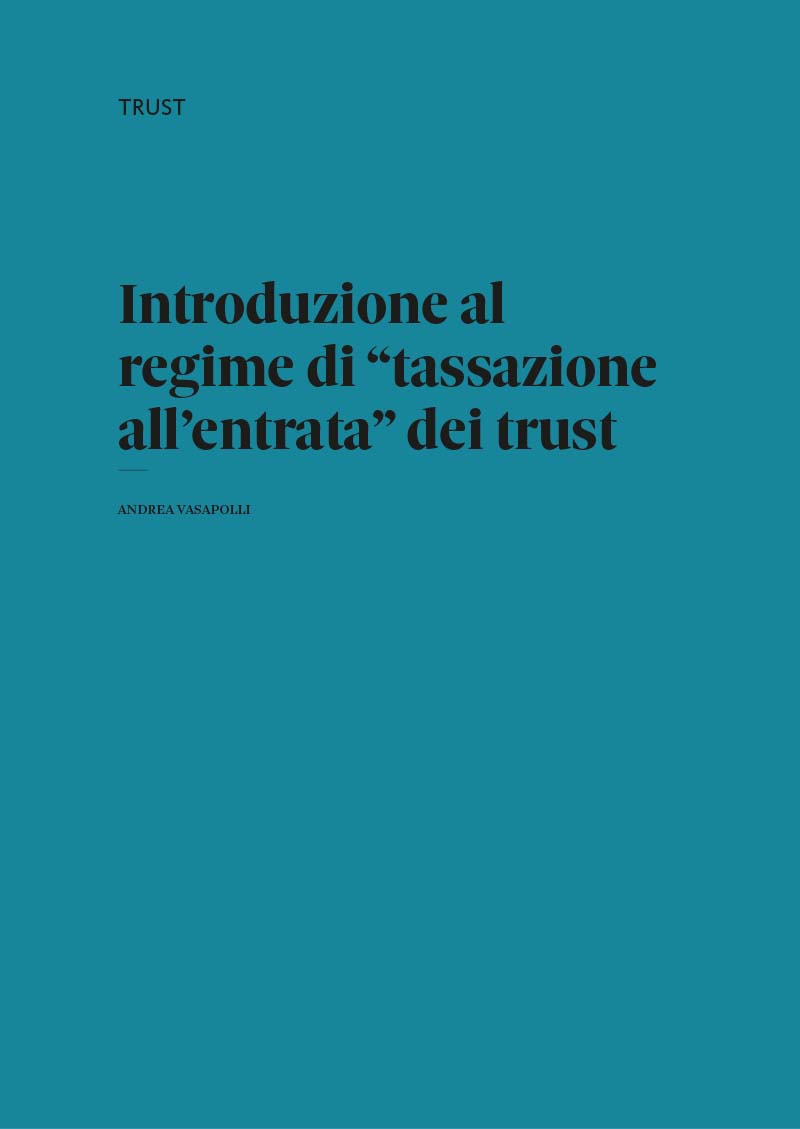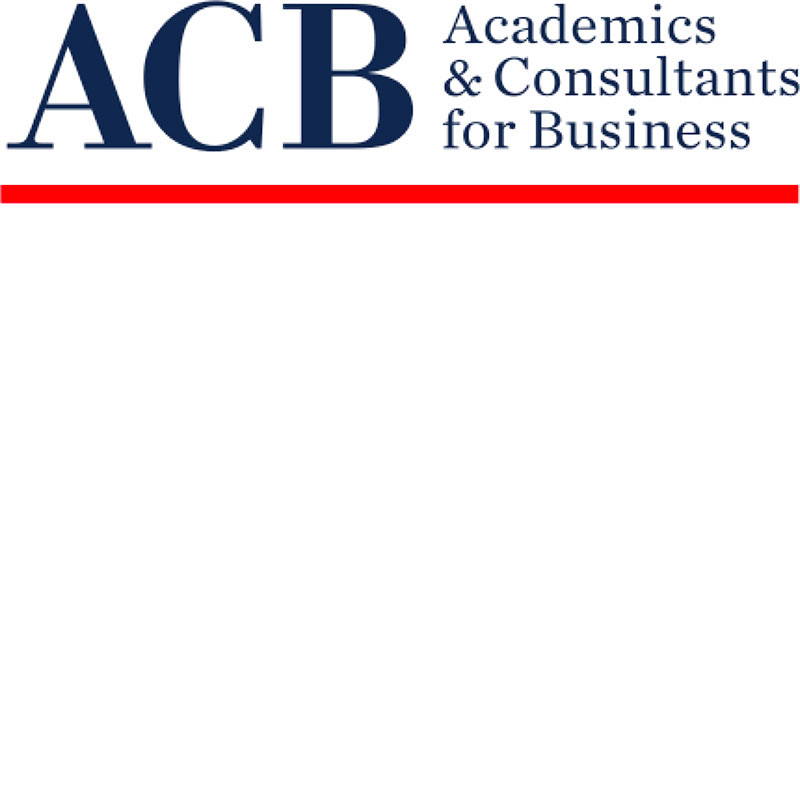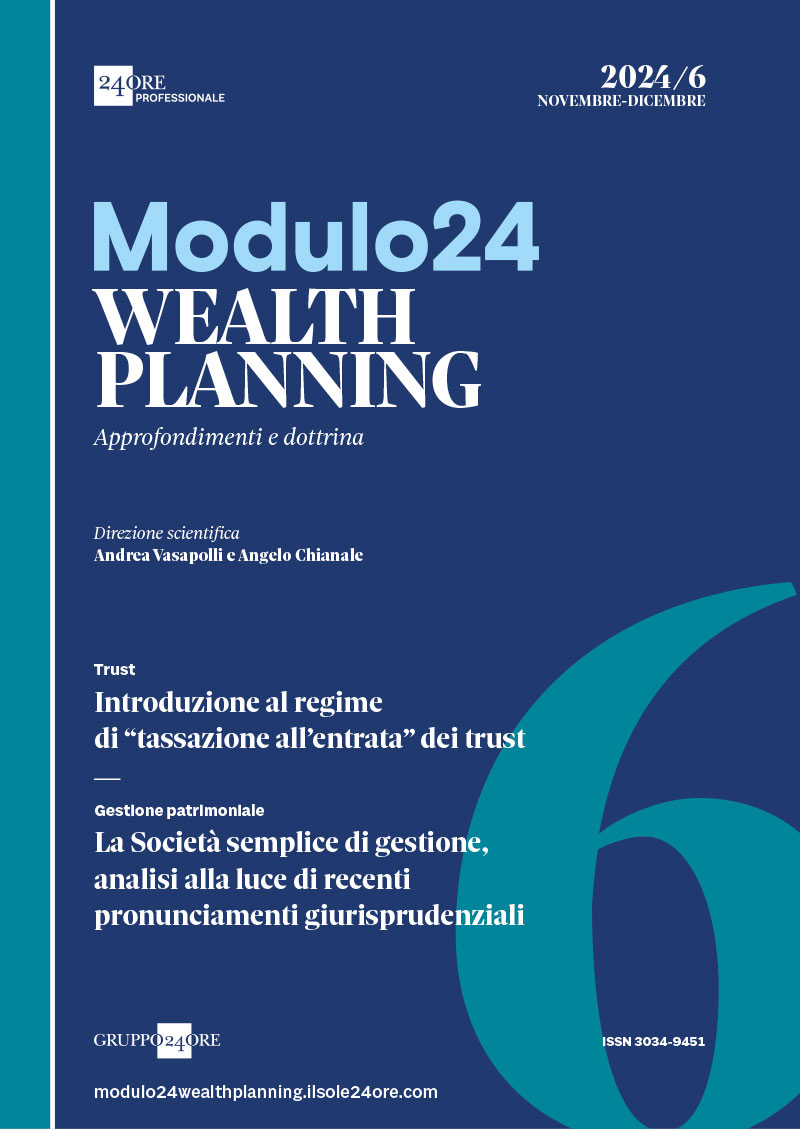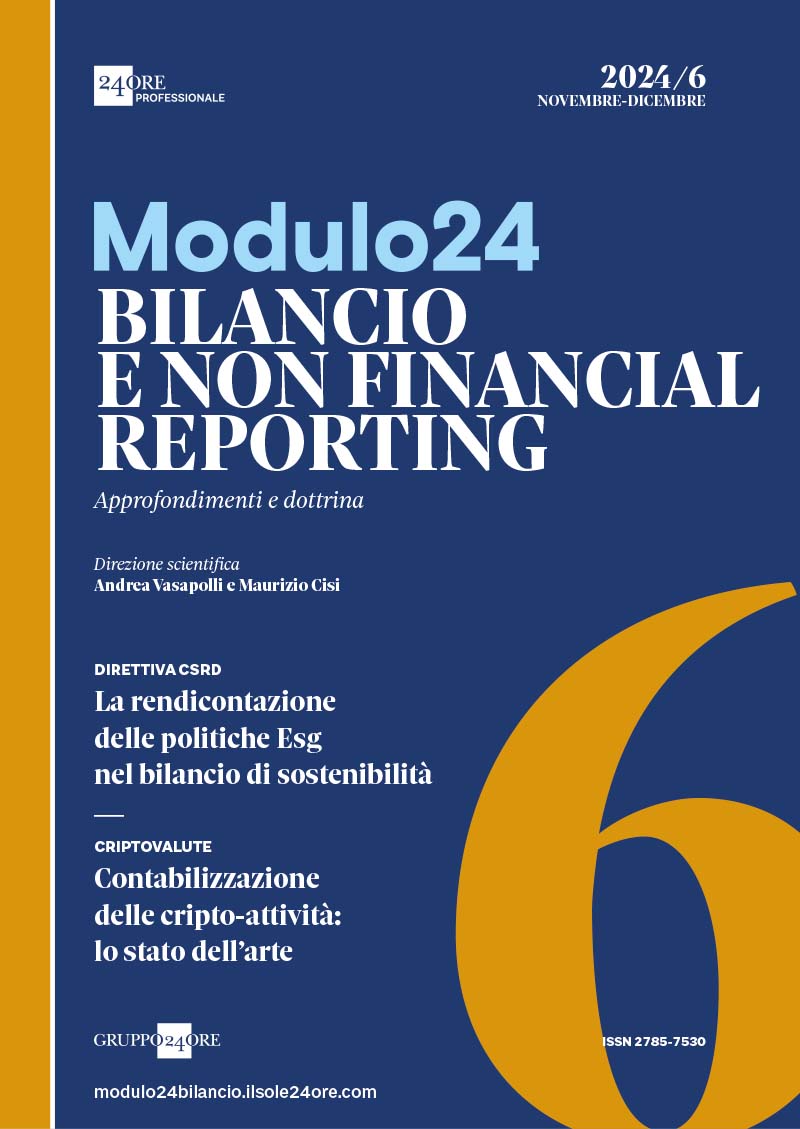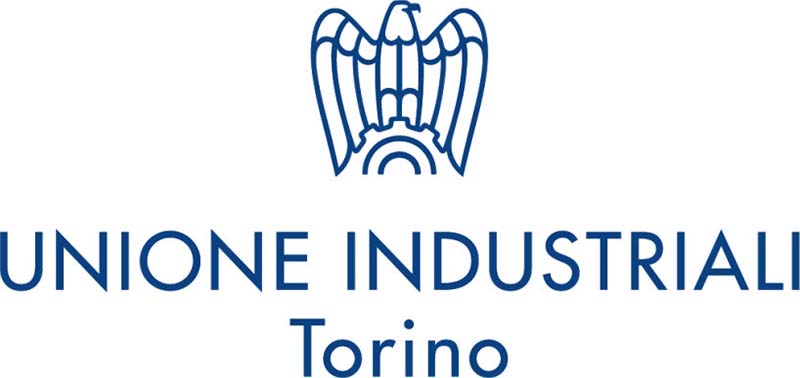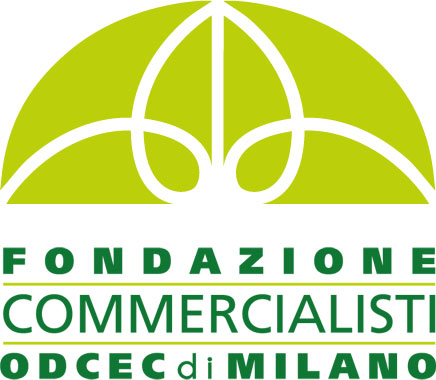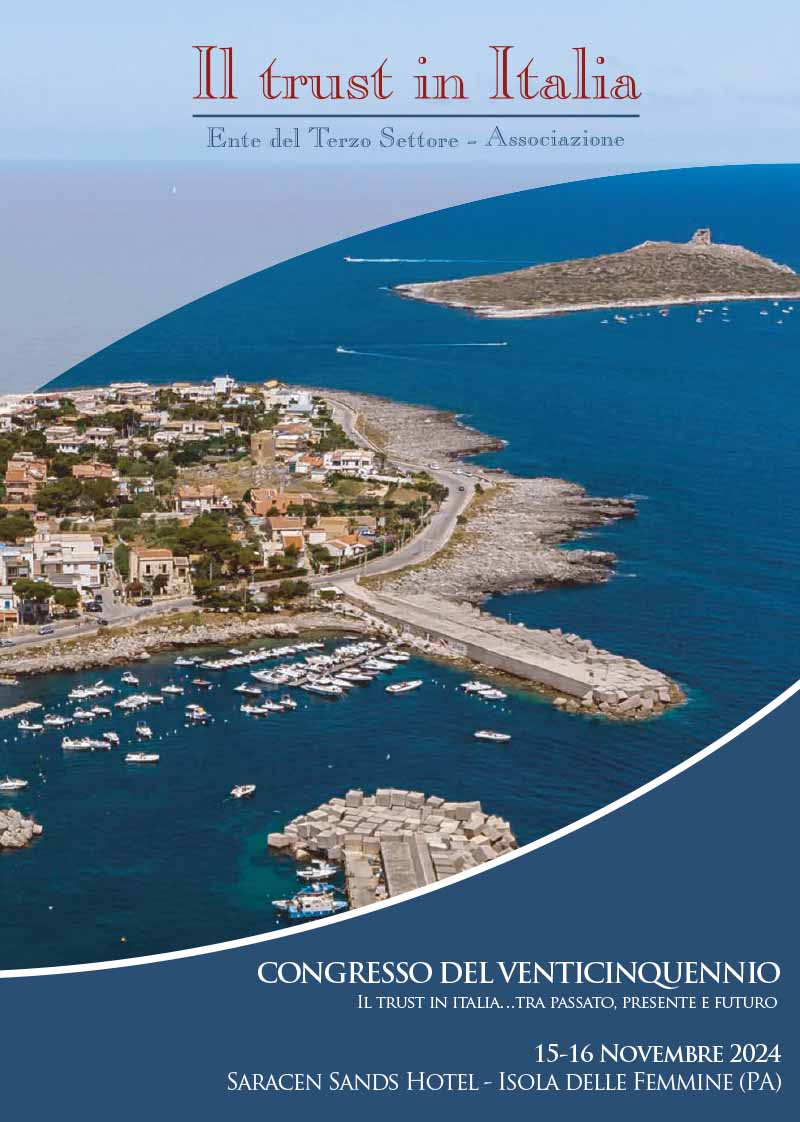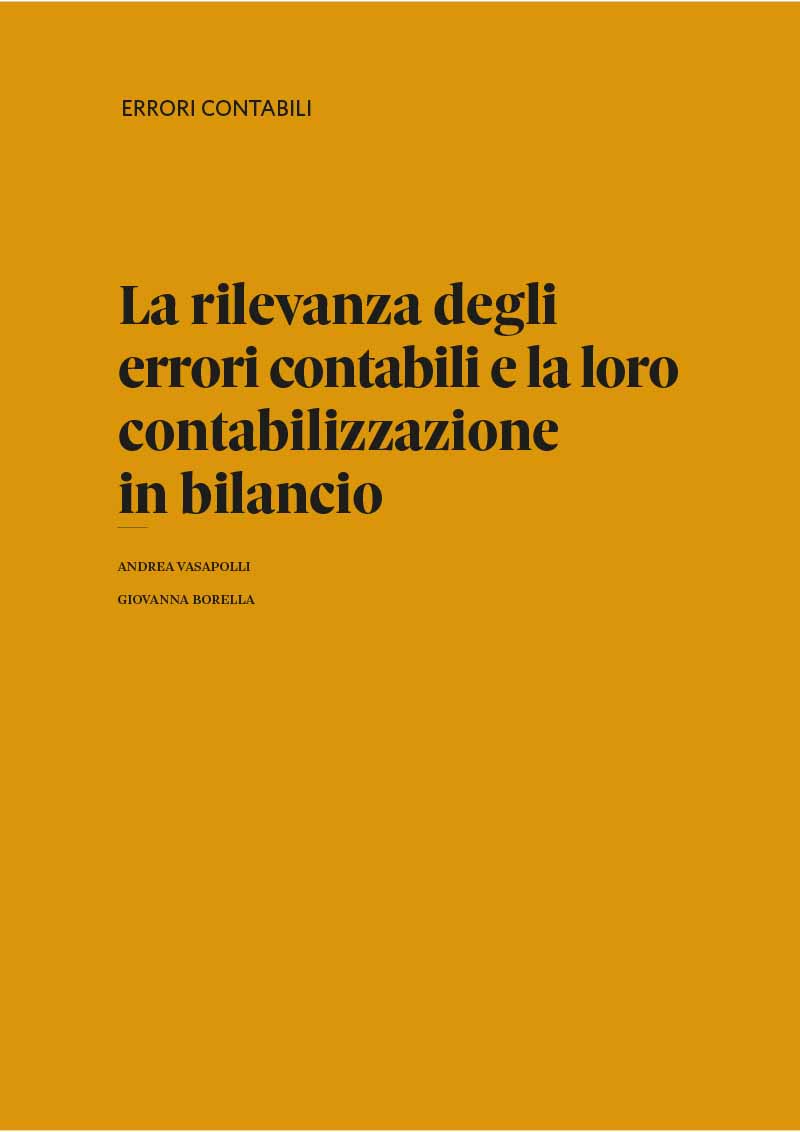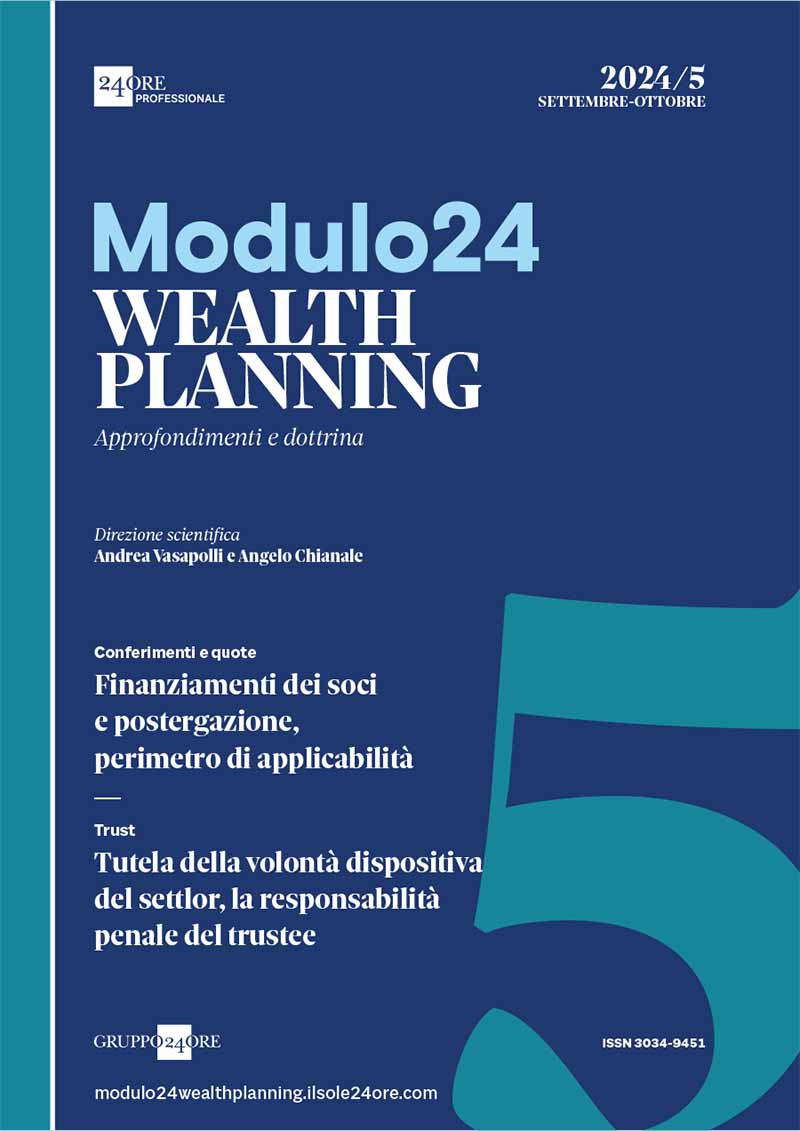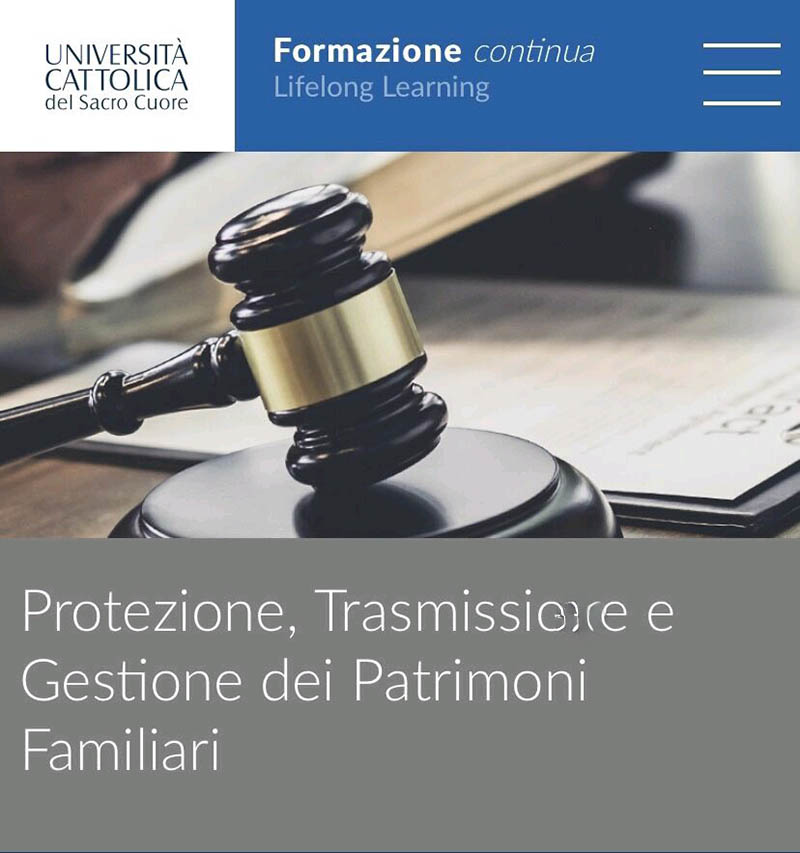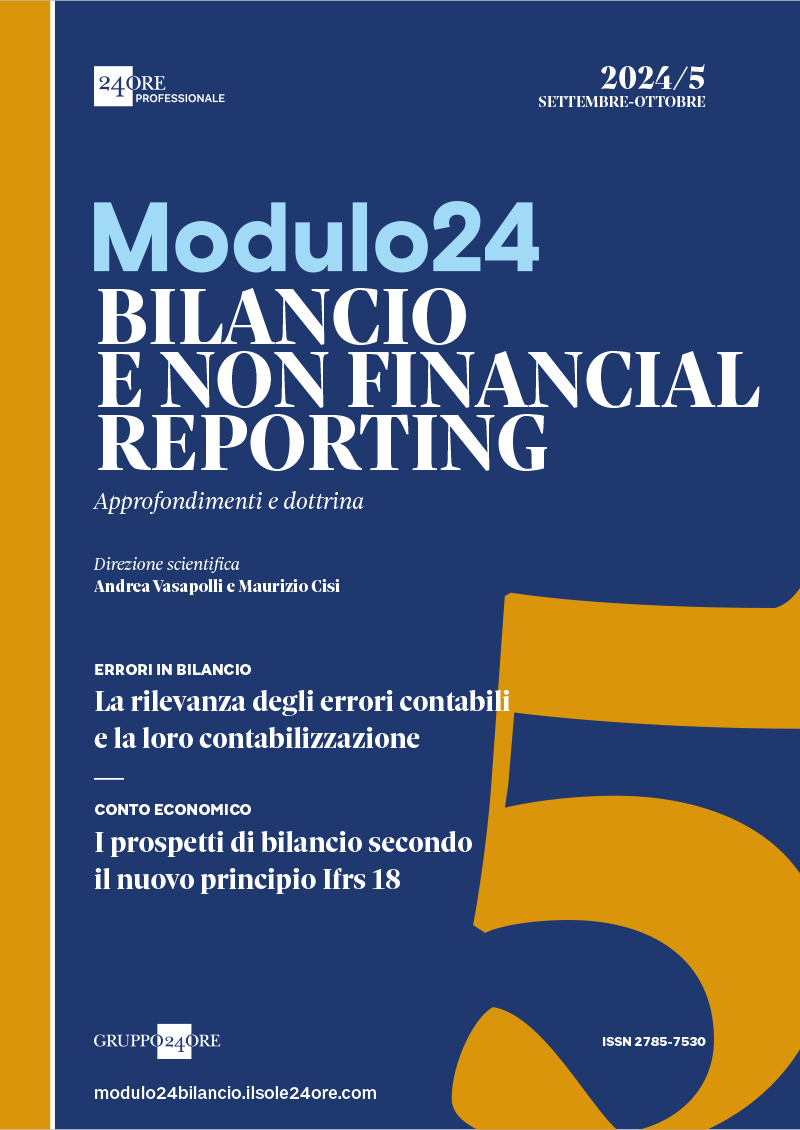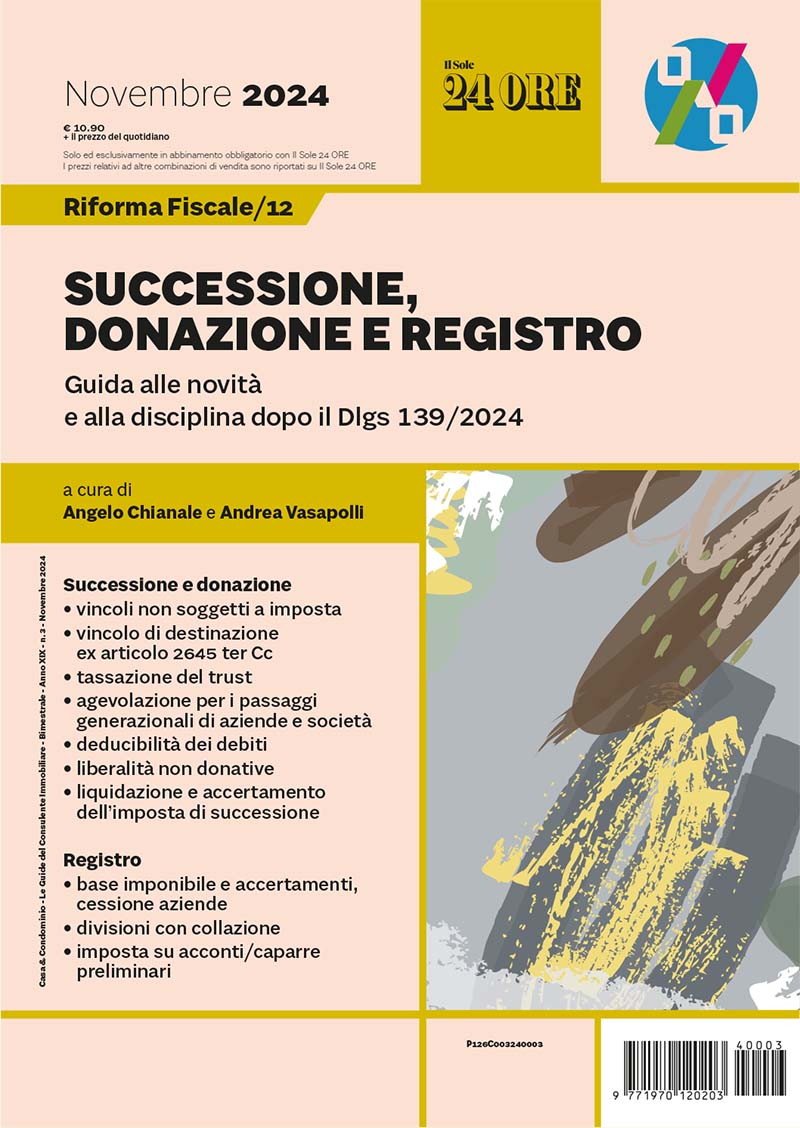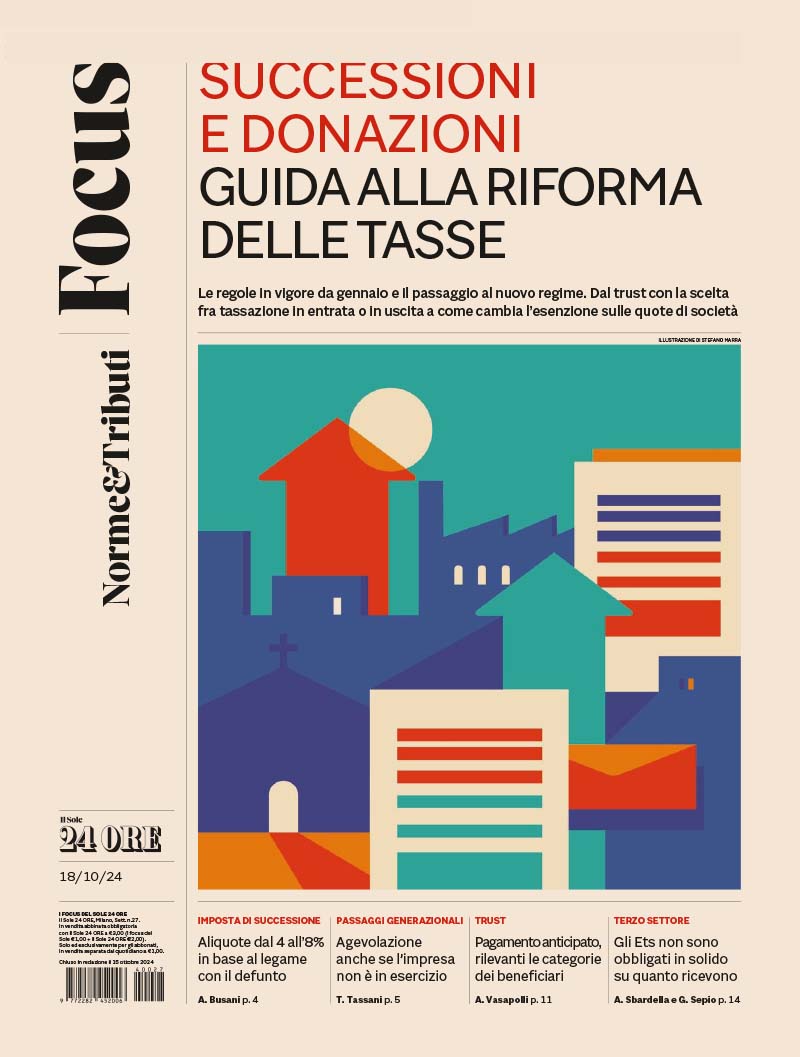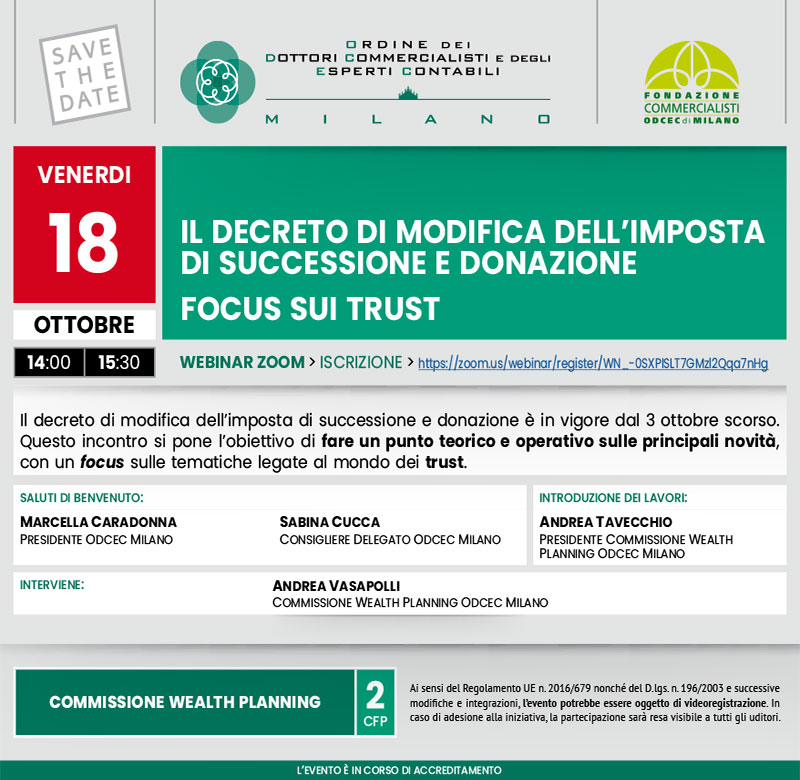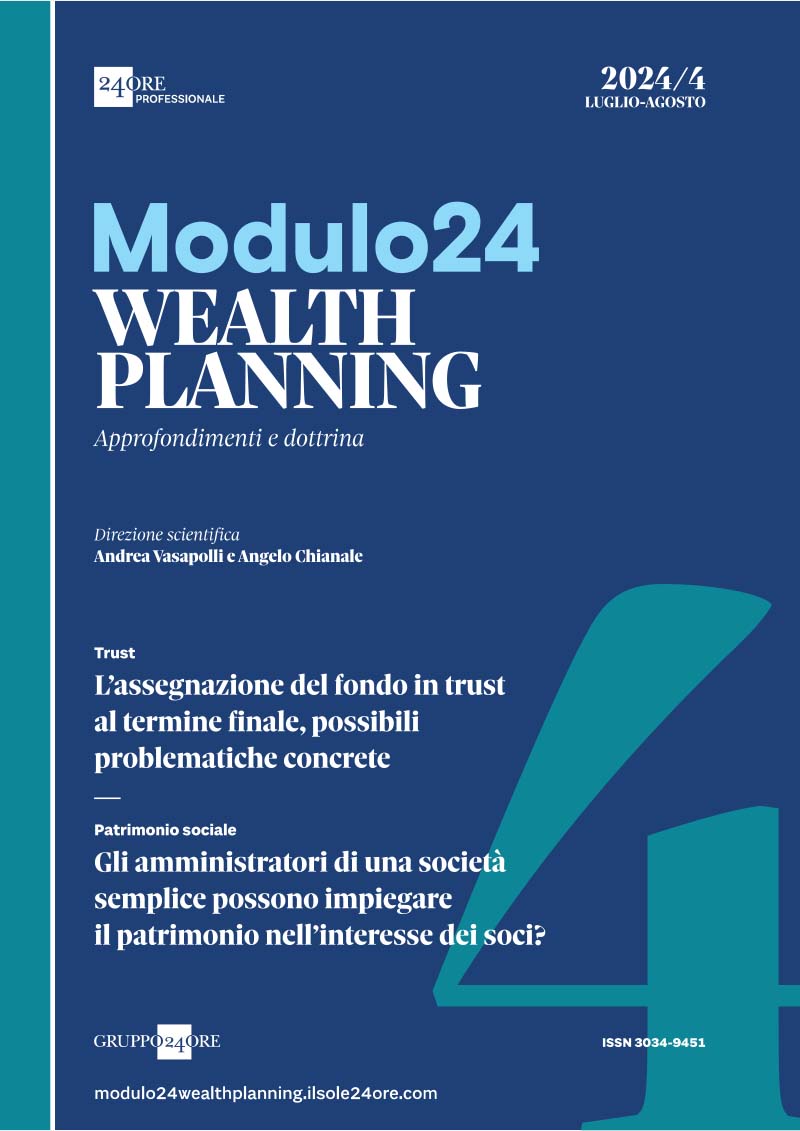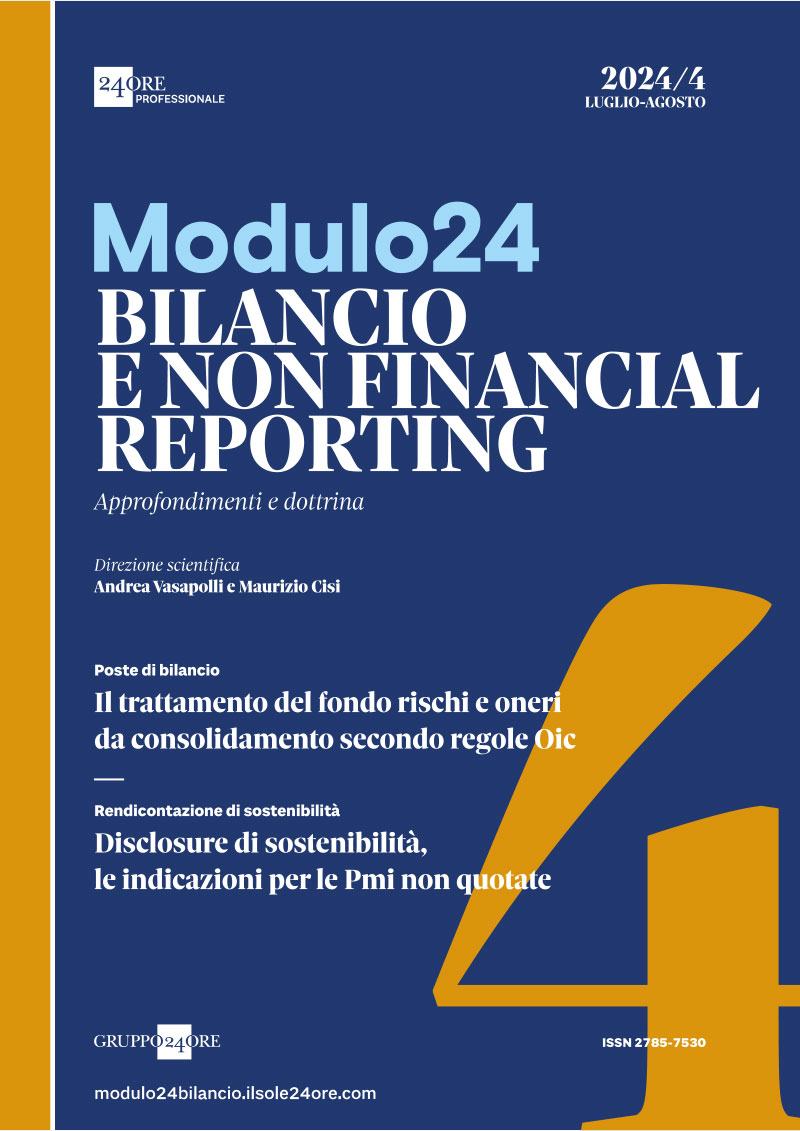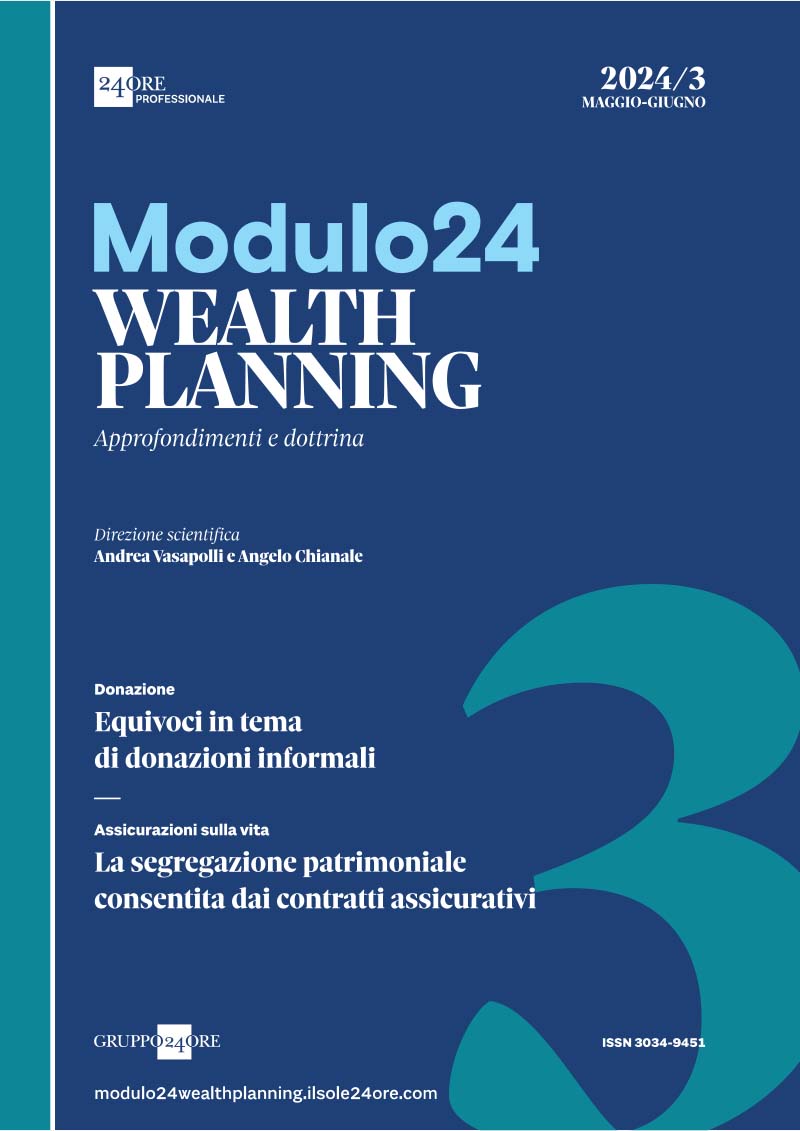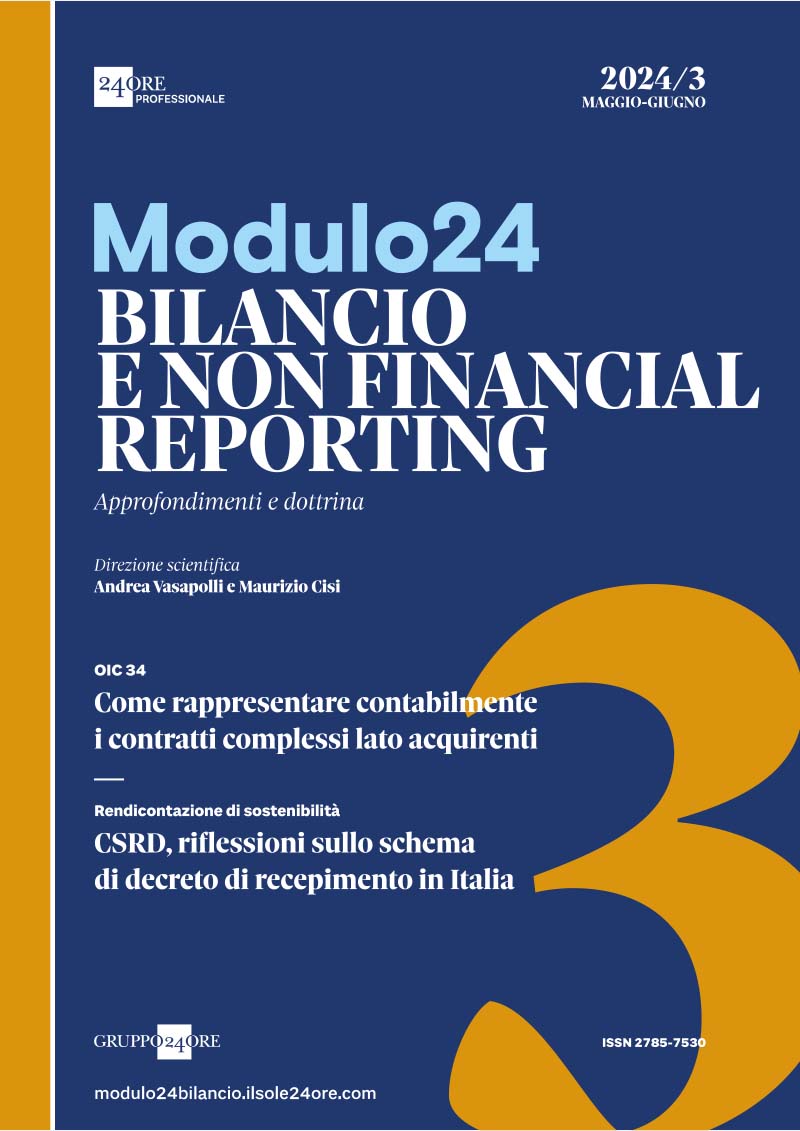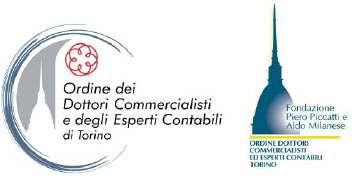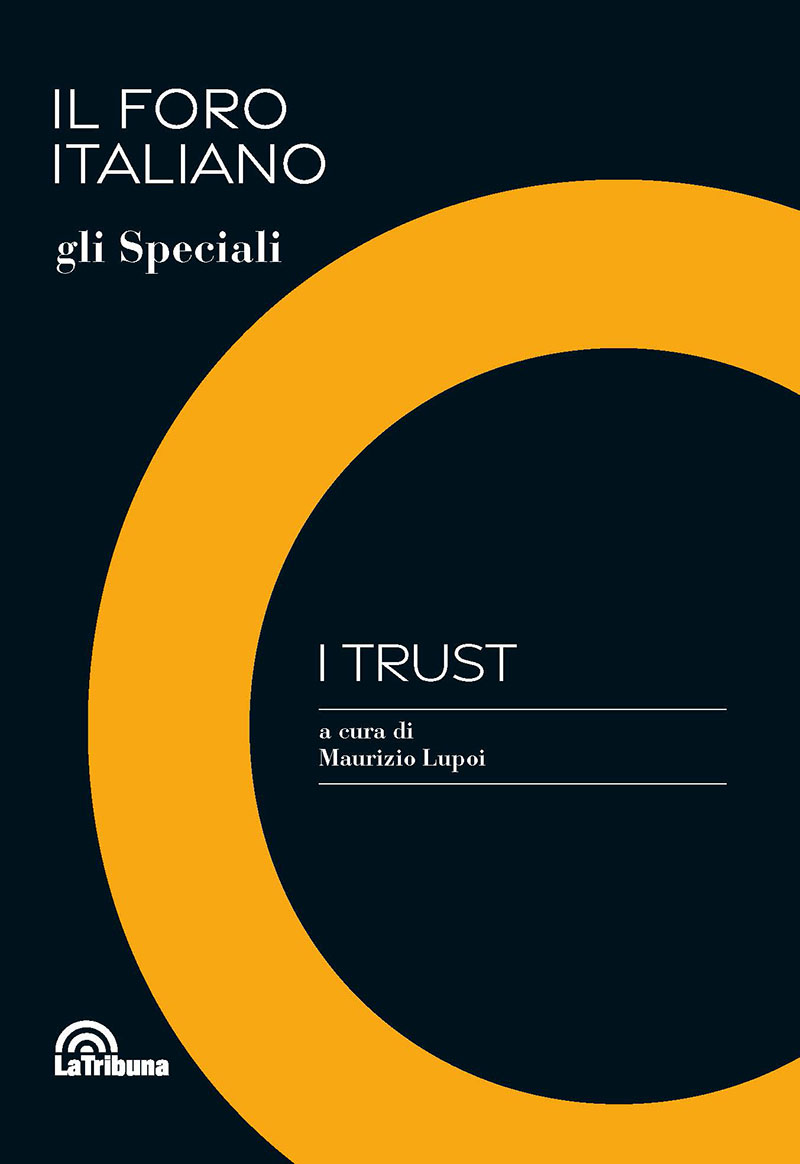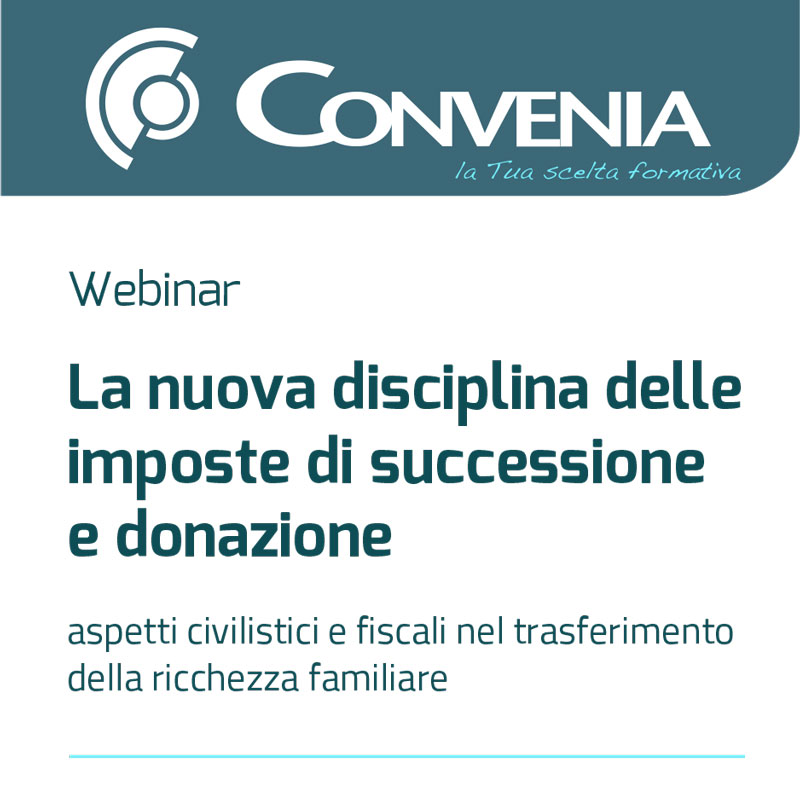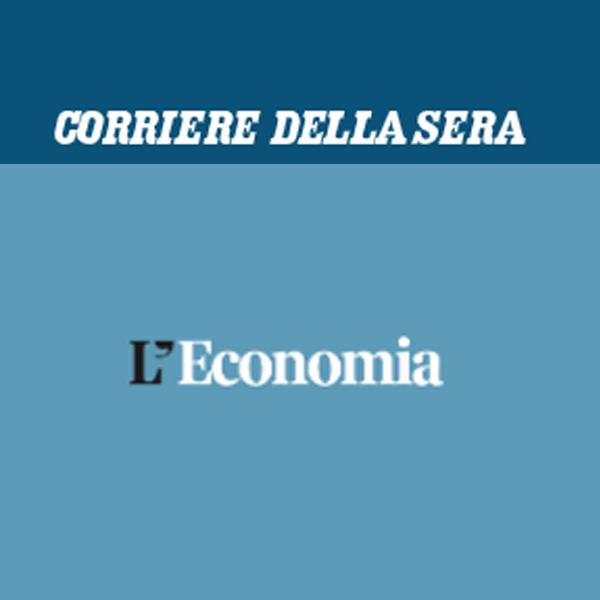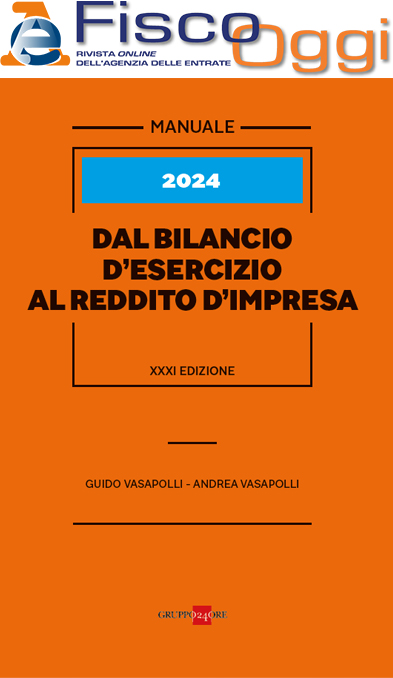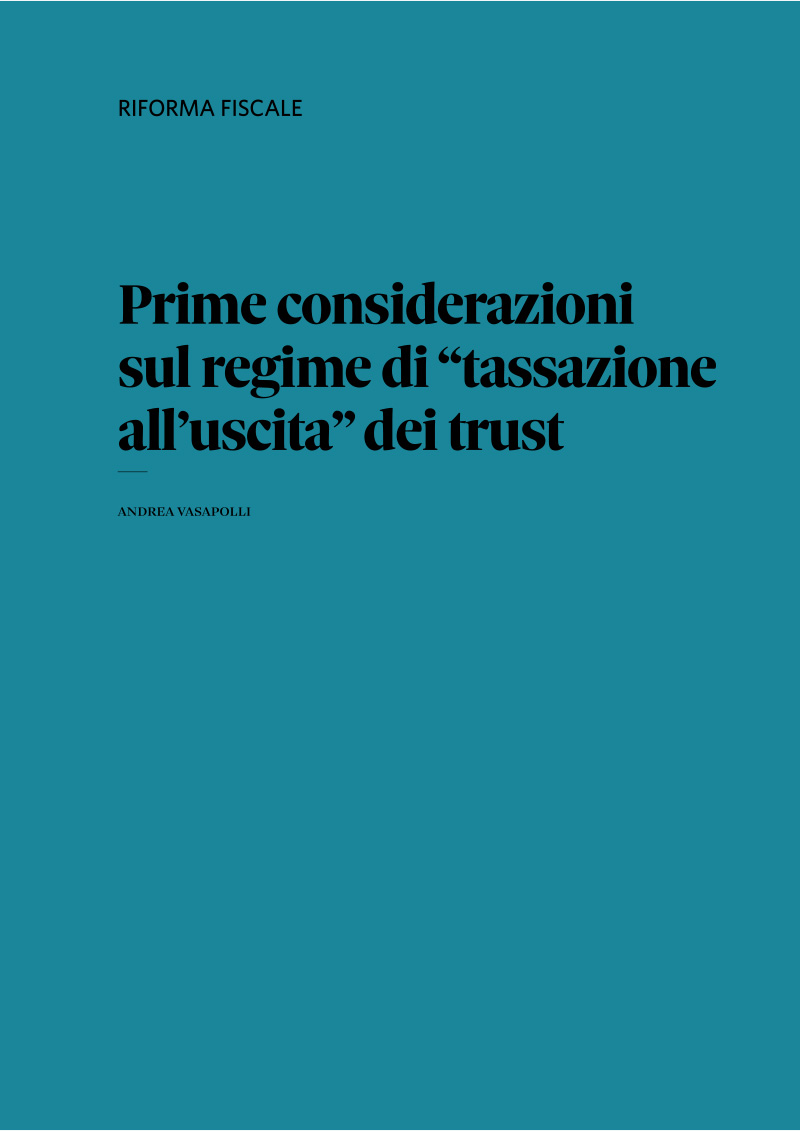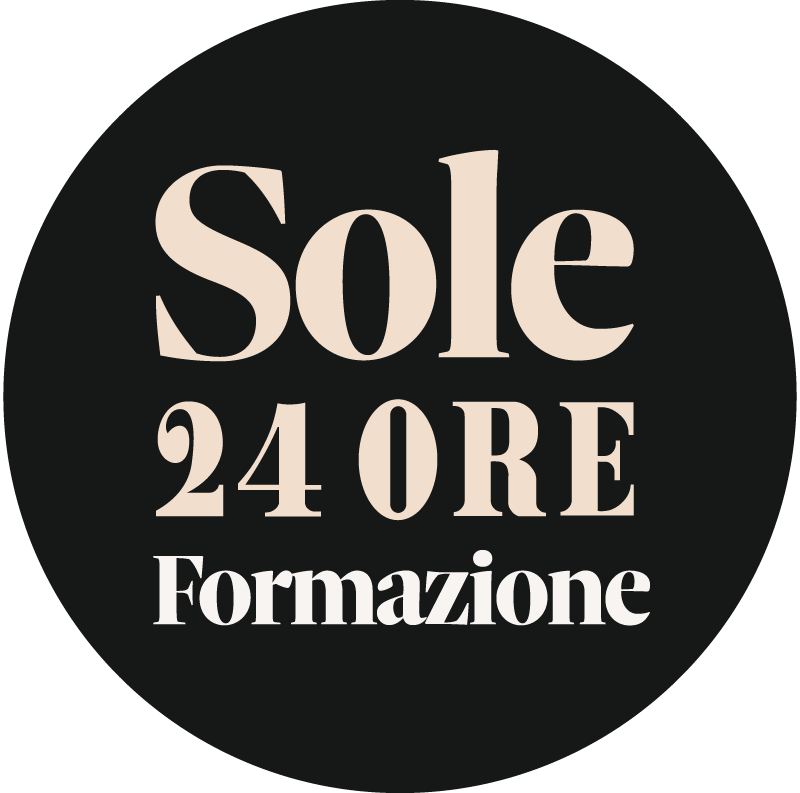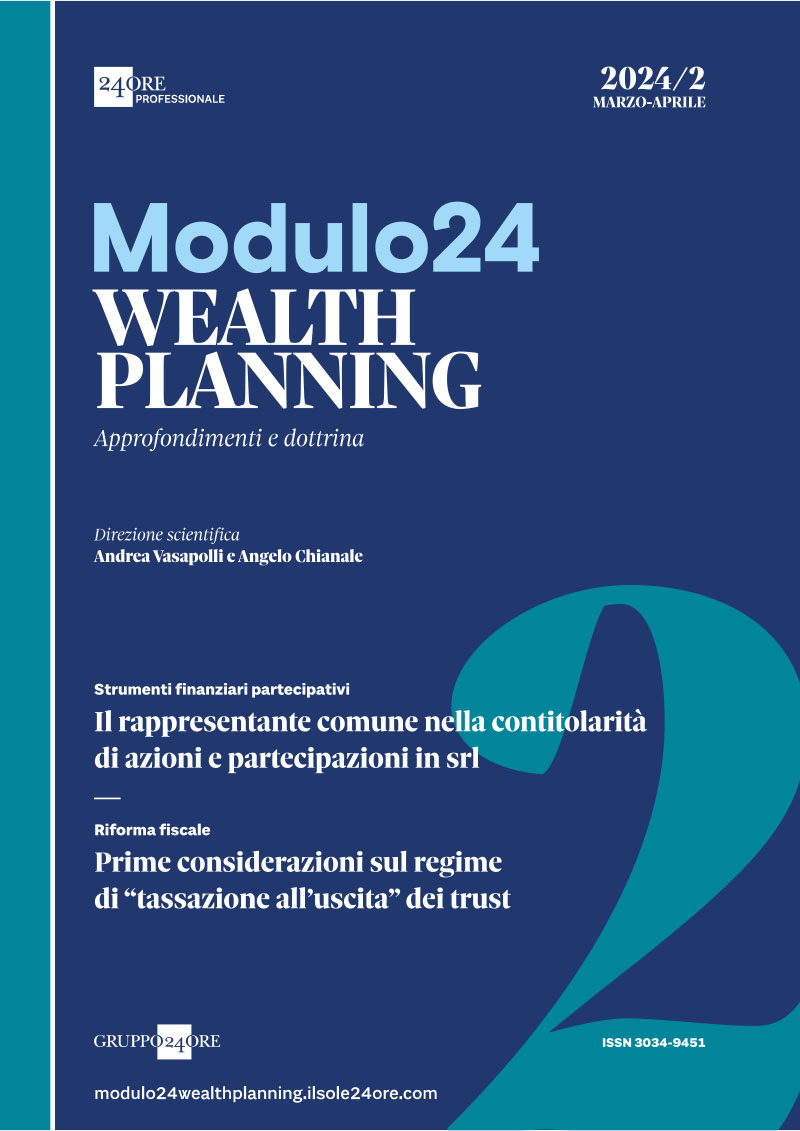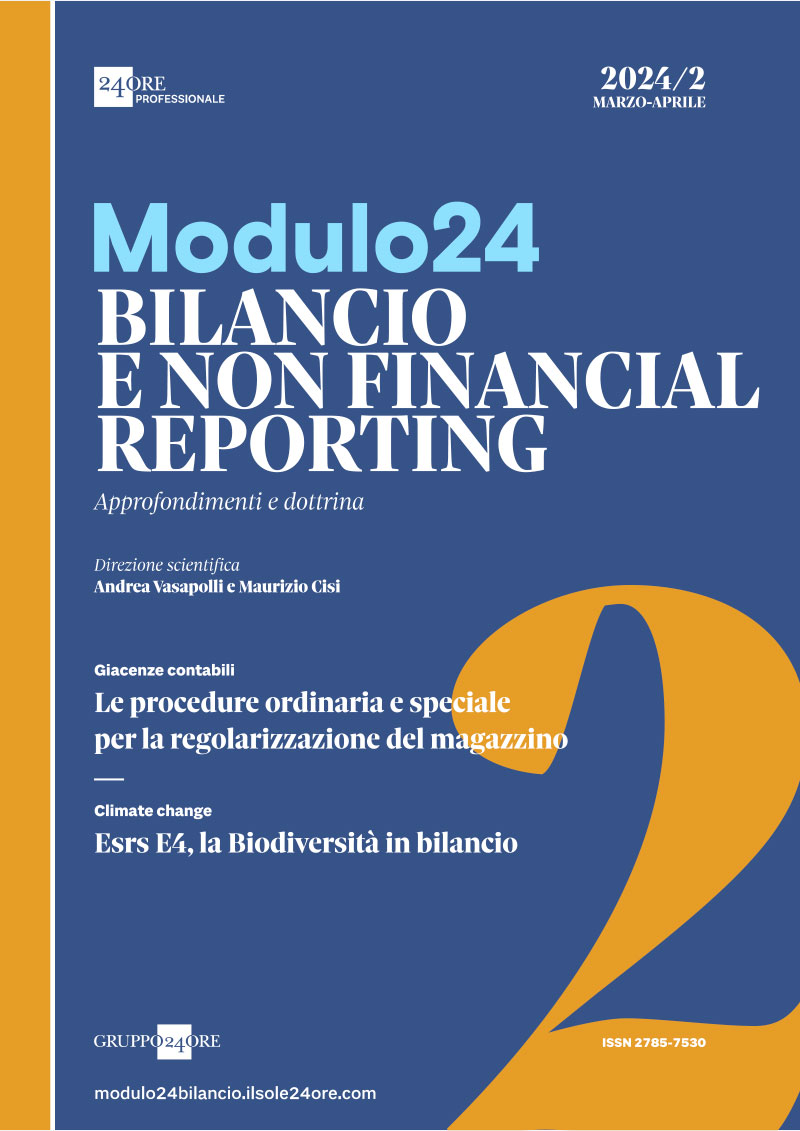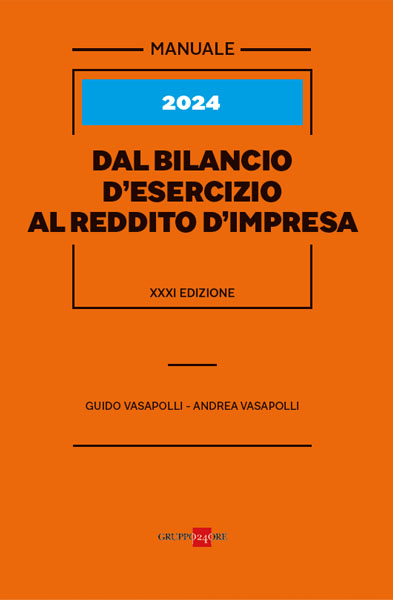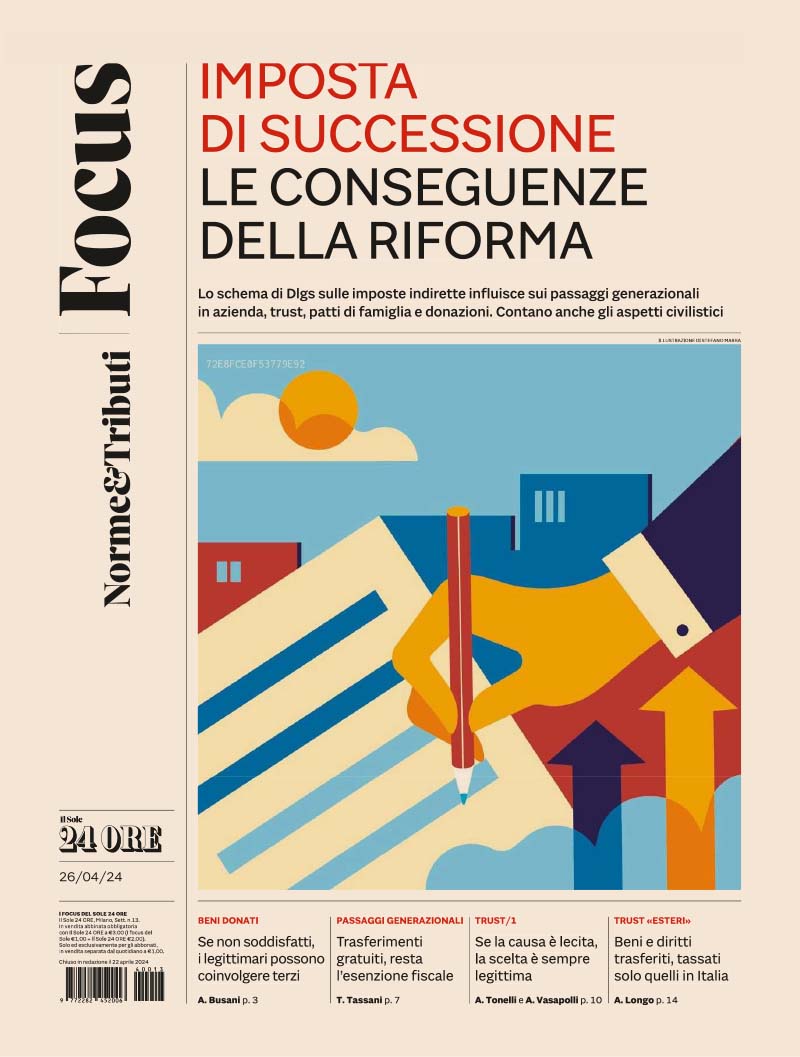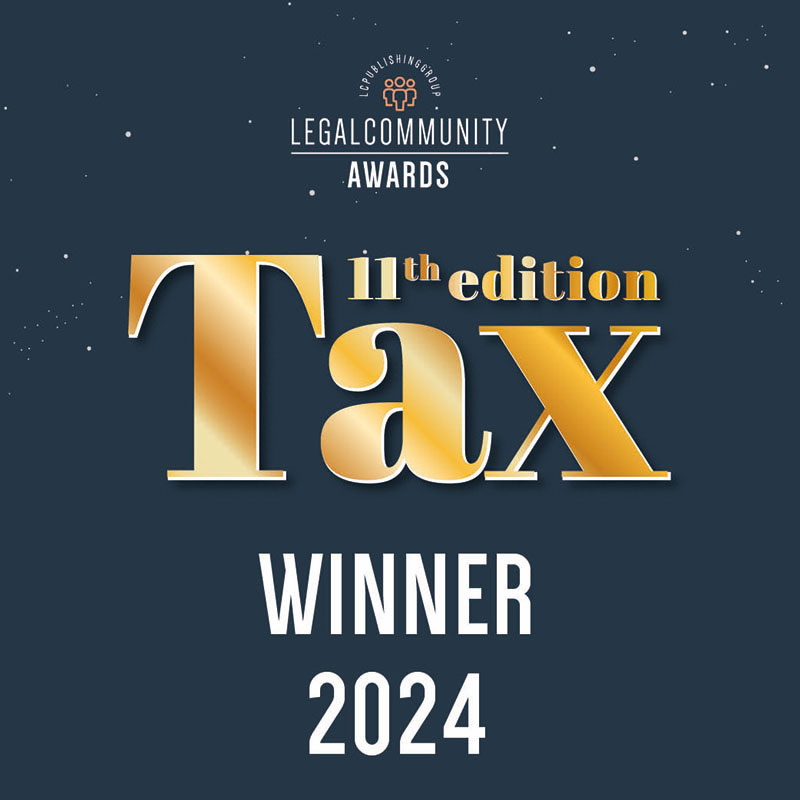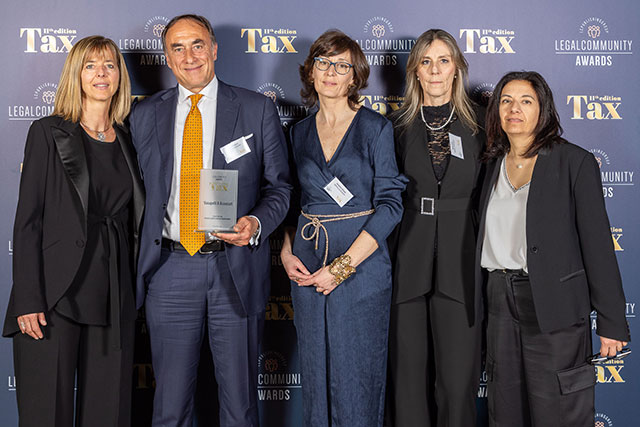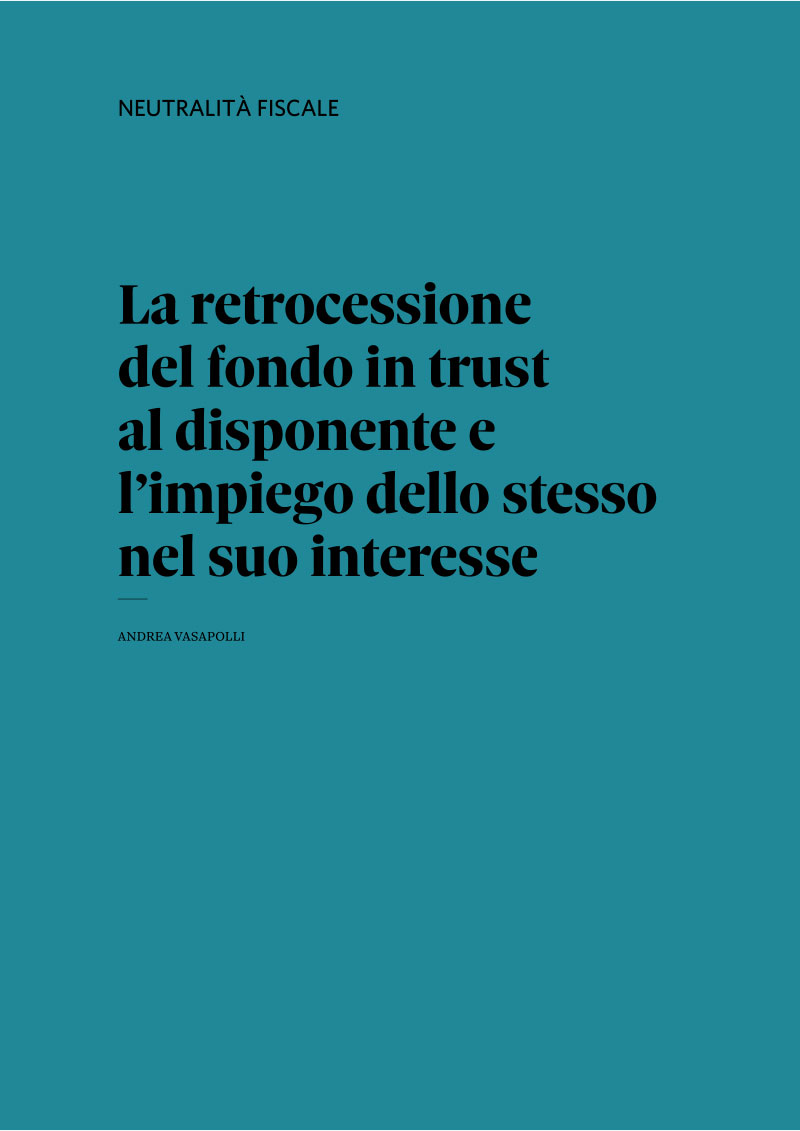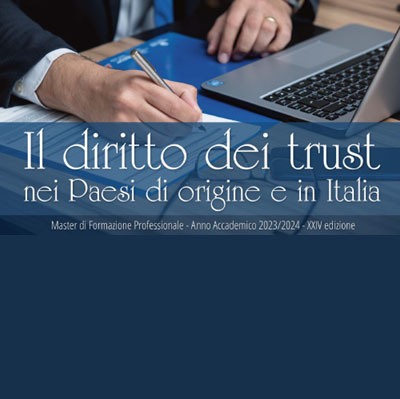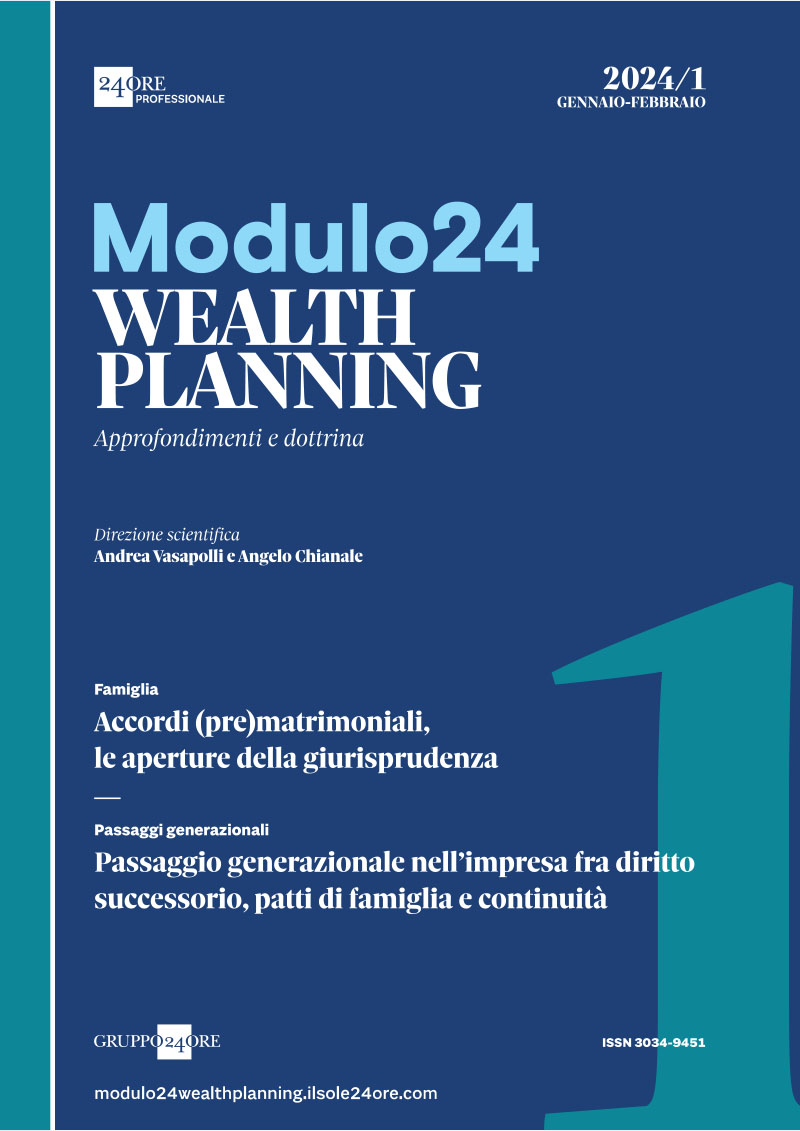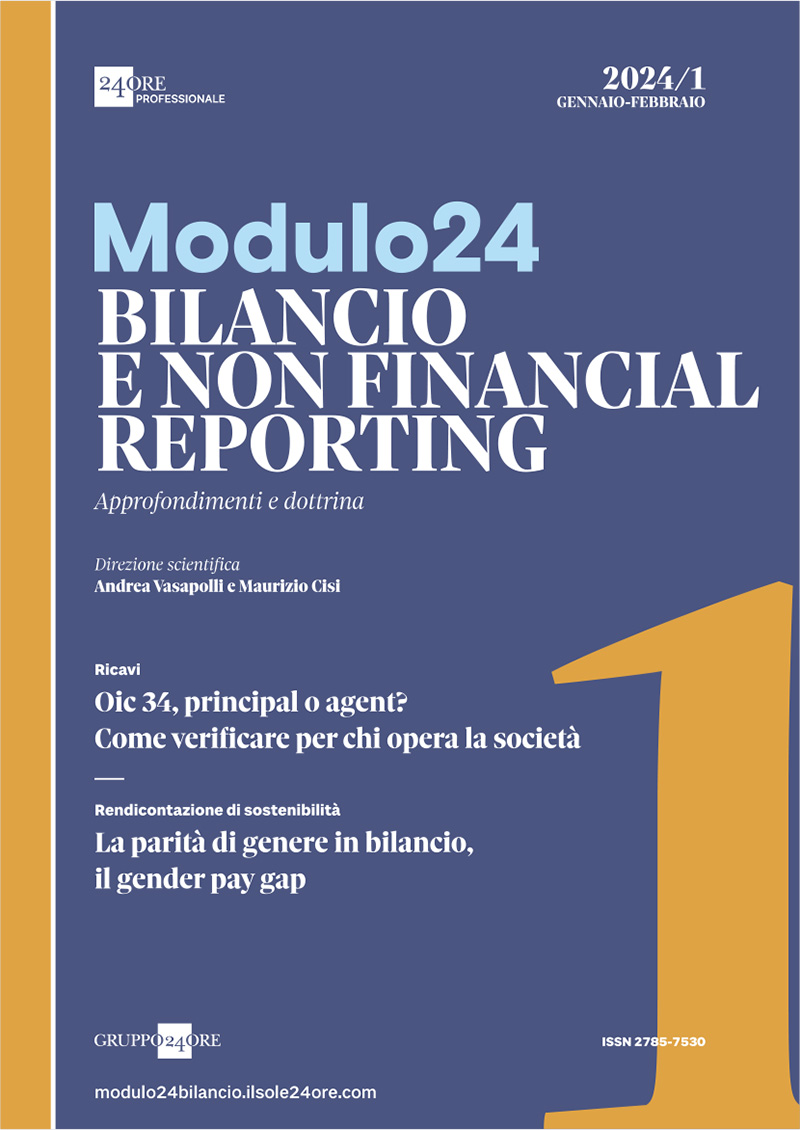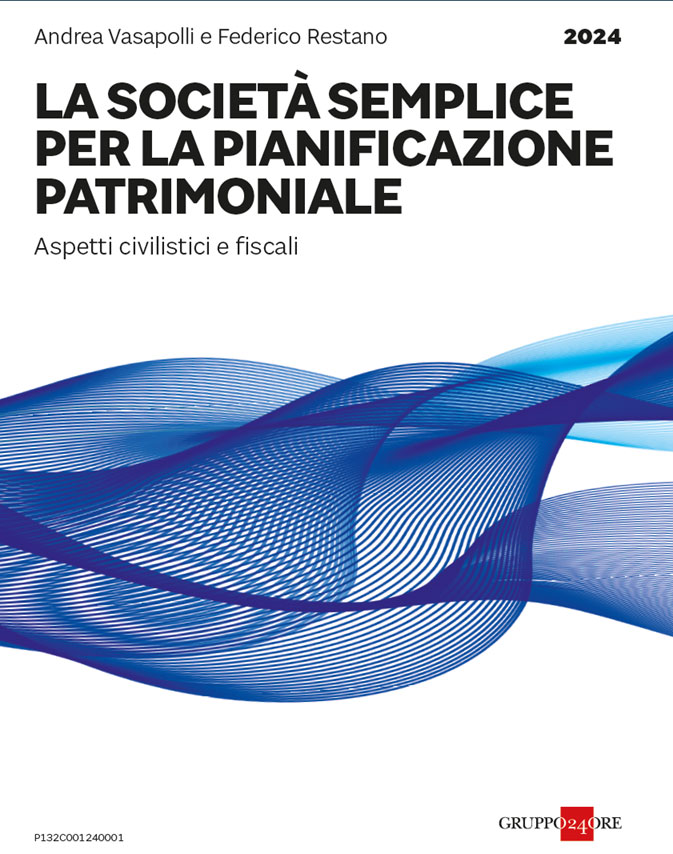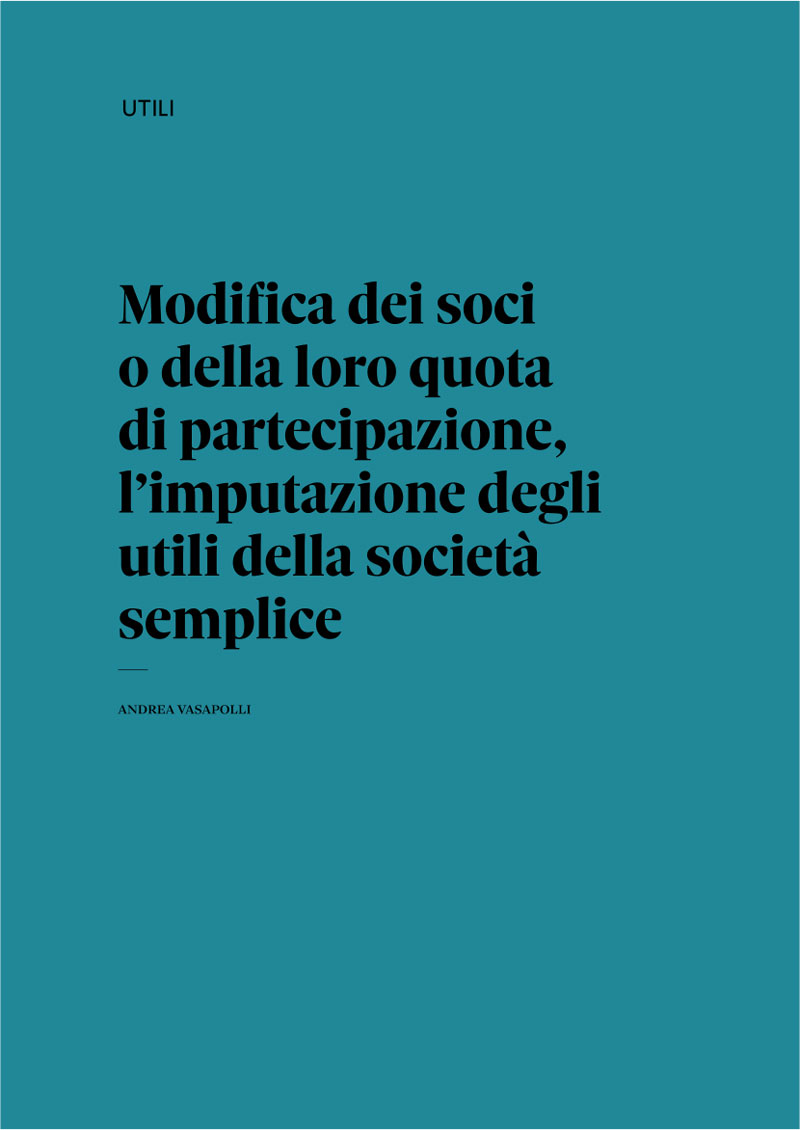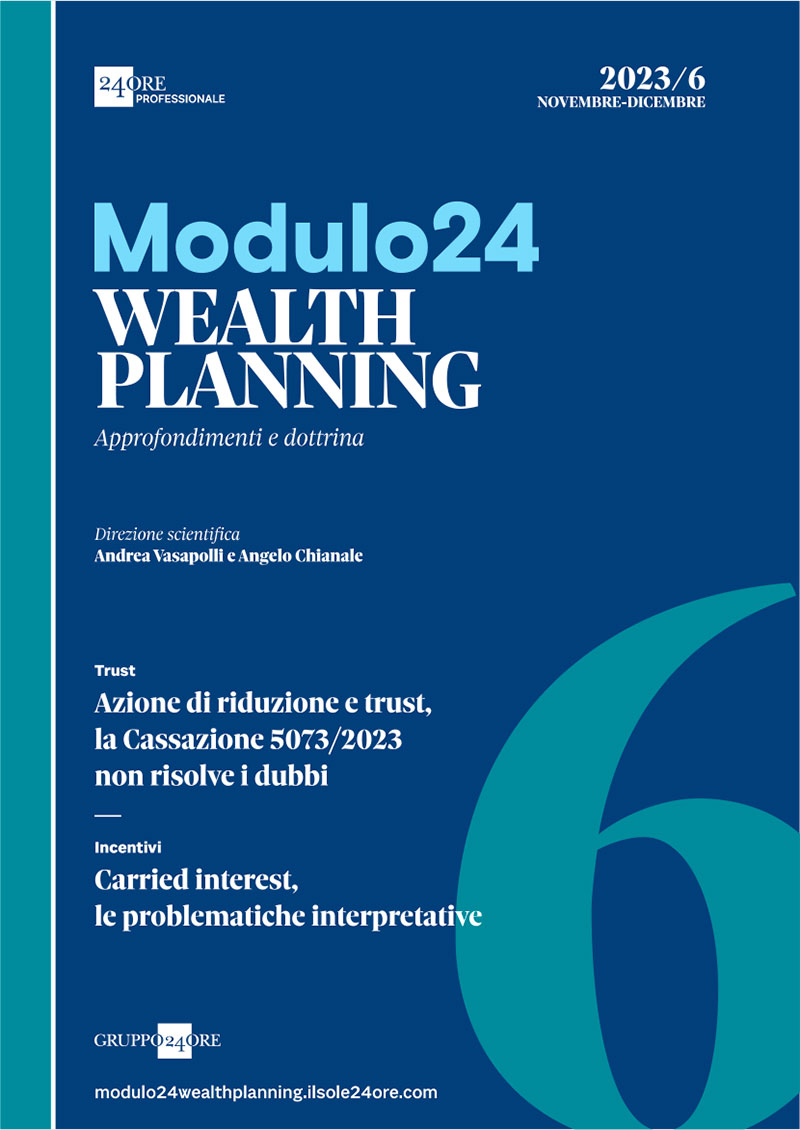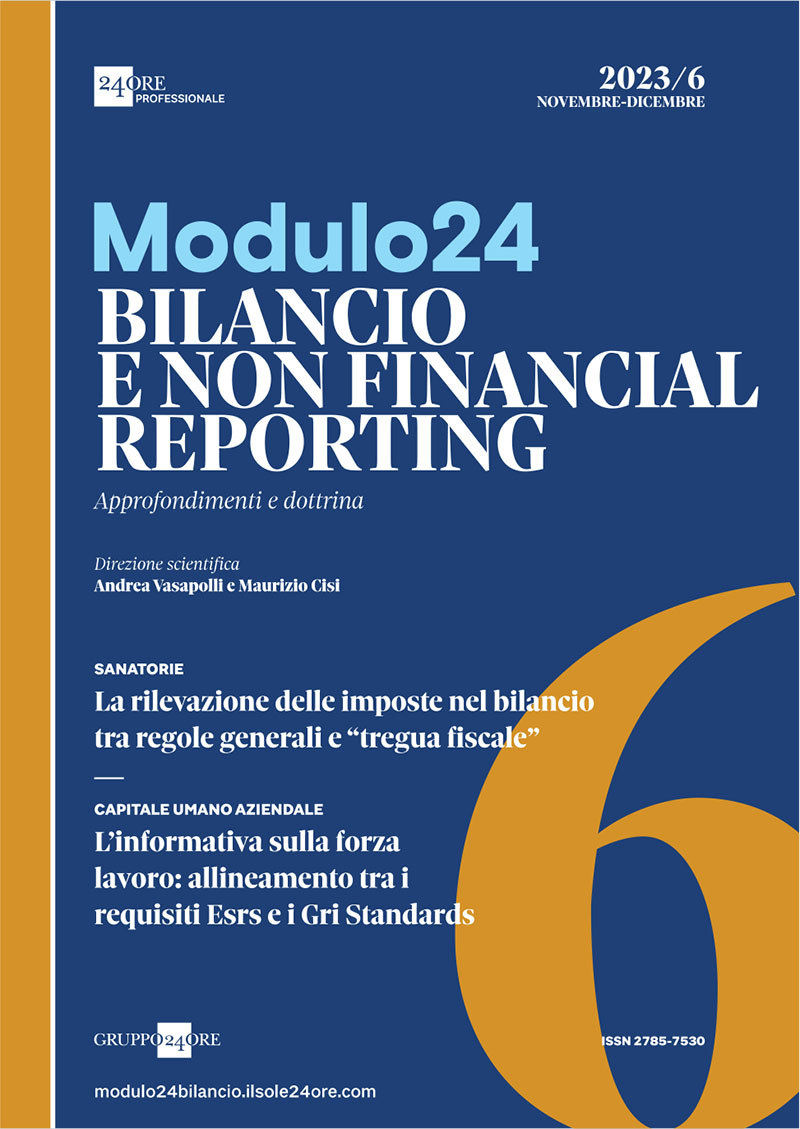26 febbraio 2026 / NEWS
Il rendiconto del trustee
Qualsiasi trust interno è soggetto a una legge regolatrice straniera ed è a tale legge, alla correlata giurisprudenza e dottrina, che bisogna fare riferimento anche per comprendere gli obblighi di rendicontazione ai quali è soggetto un trustee.
Il trust, in particolare, rientra nell’ambito degli istituti fiduciari, le cui regole di rendicontazione e di tenuta della sottostante contabilità differiscono profondamente dalle modalità di rendicontazione (il bilancio) e dalle regole contabili che caratterizzano le imprese commerciali. La contabilità e la rendicontazione fiduciaria seguono regole proprie, sia con riferimento alla forma del rendiconto, sia per quanto riguarda i principi di rilevazione degli eventi e di valutazione del patrimonio, sia infine per quanto riguarda le modalità di tenuta della contabilità.
Questo nuovo libro del nostro partner Andrea Vasapolli, edito da Il Sole 24 Ore, analizza in modo completo e approfondito tutte tali tematiche, dedicando ampie sezioni anche ai concetti di “capitale” e di “reddito”, che nel diritto dei trust non corrispondono a quelli vigenti nel nostro ordinamento. Esamina, inoltre, le peculiarità del regime fiscale italiano con riferimento a come lo stesso rileva ai fini della rendicontazione del trustee.
Secondo il Prof. Maurizio Lupoi, che ne ha curato la presentazione, è un libro “che non può mancare nella biblioteca di qualsiasi commercialista o trustee o altro soggetto che si interessi di trust”.
www.24oreprofessionale.ilsole24ore.com
26 February 2026/ NEWS
The trustee’s report
Any domestic trust is subject to a foreign governing law; it is to that law, along with its related case law and legal theory, that one must refer even to understand the reporting obligations to which a trustee is subject.
The trust, specifically, falls within the scope of fiduciary institutions, whose reporting and underlying bookkeeping rules differ profoundly from the reporting methods (financial statements) and accounting standards characteristic of commercial enterprises. Fiduciary accounting and reporting follow their own specific rules, regarding the form of the report, the principles for recording events and valuing assets, and the methods of maintaining accounts.
This new book by our partner Andrea Vasapolli, published by Il Sole 24 Ore, provides a comprehensive and in-depth analysis of all these issues. It devotes extensive sections to the concepts of "principal" and "income," which in trust law do not correspond to those existing under the Italian legal system. Furthermore, it examines the peculiarities of the Italian tax regime regarding how it impacts the trustee’s reporting.
According to Professor Maurizio Lupoi, who wrote the foreword, this is a book "that should be in the library of any accountant, trustee, or any other individual interested in trusts".

